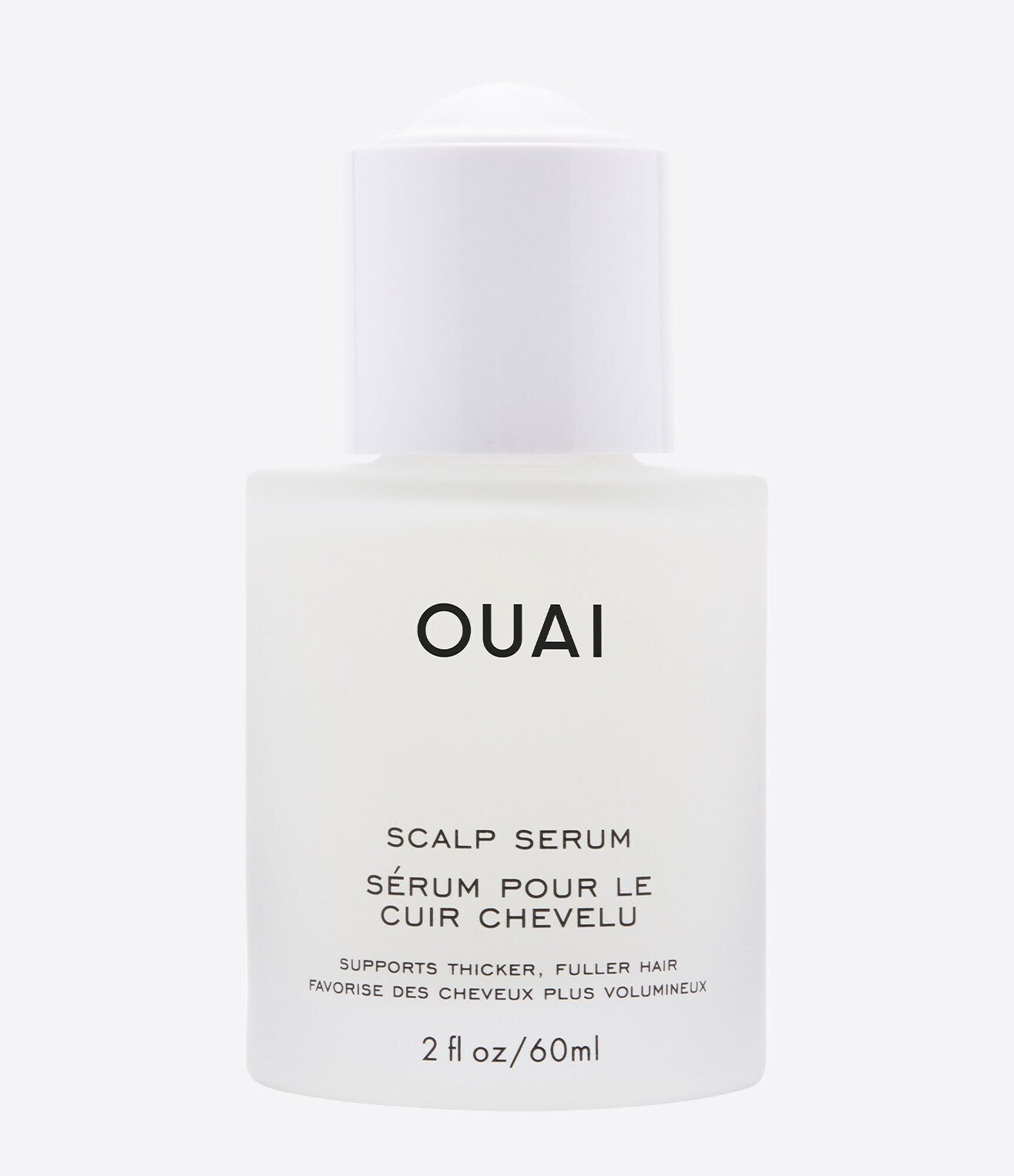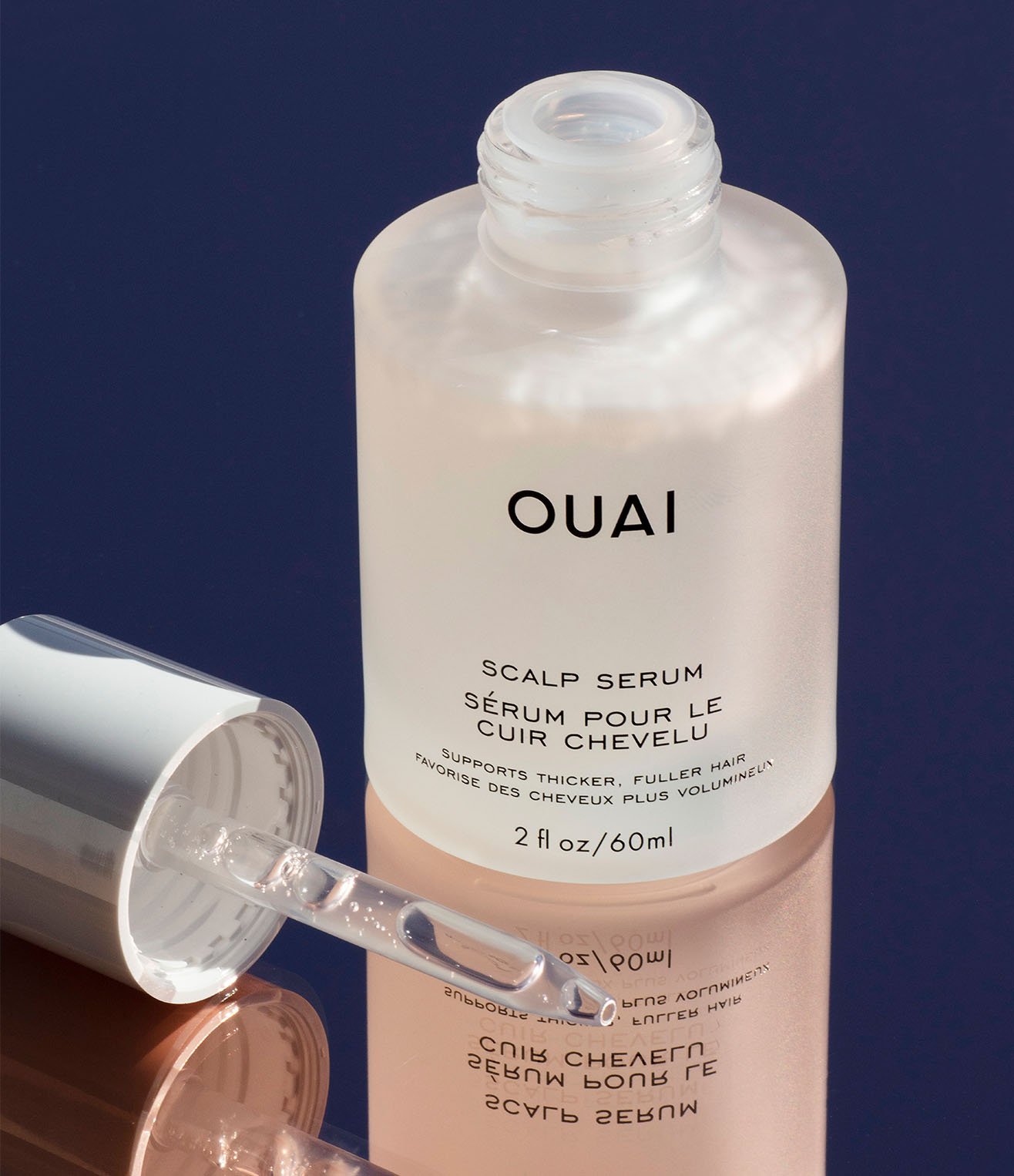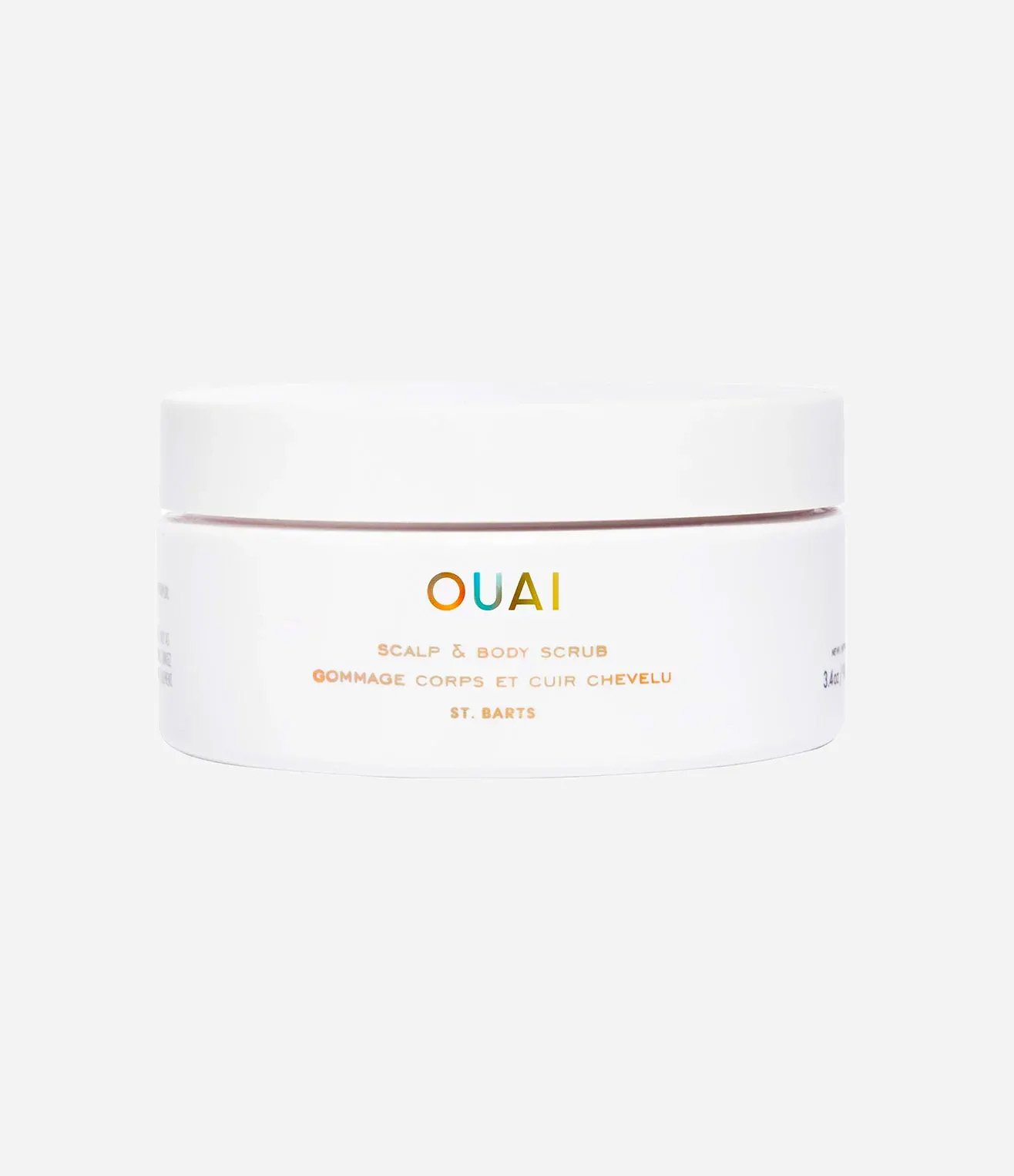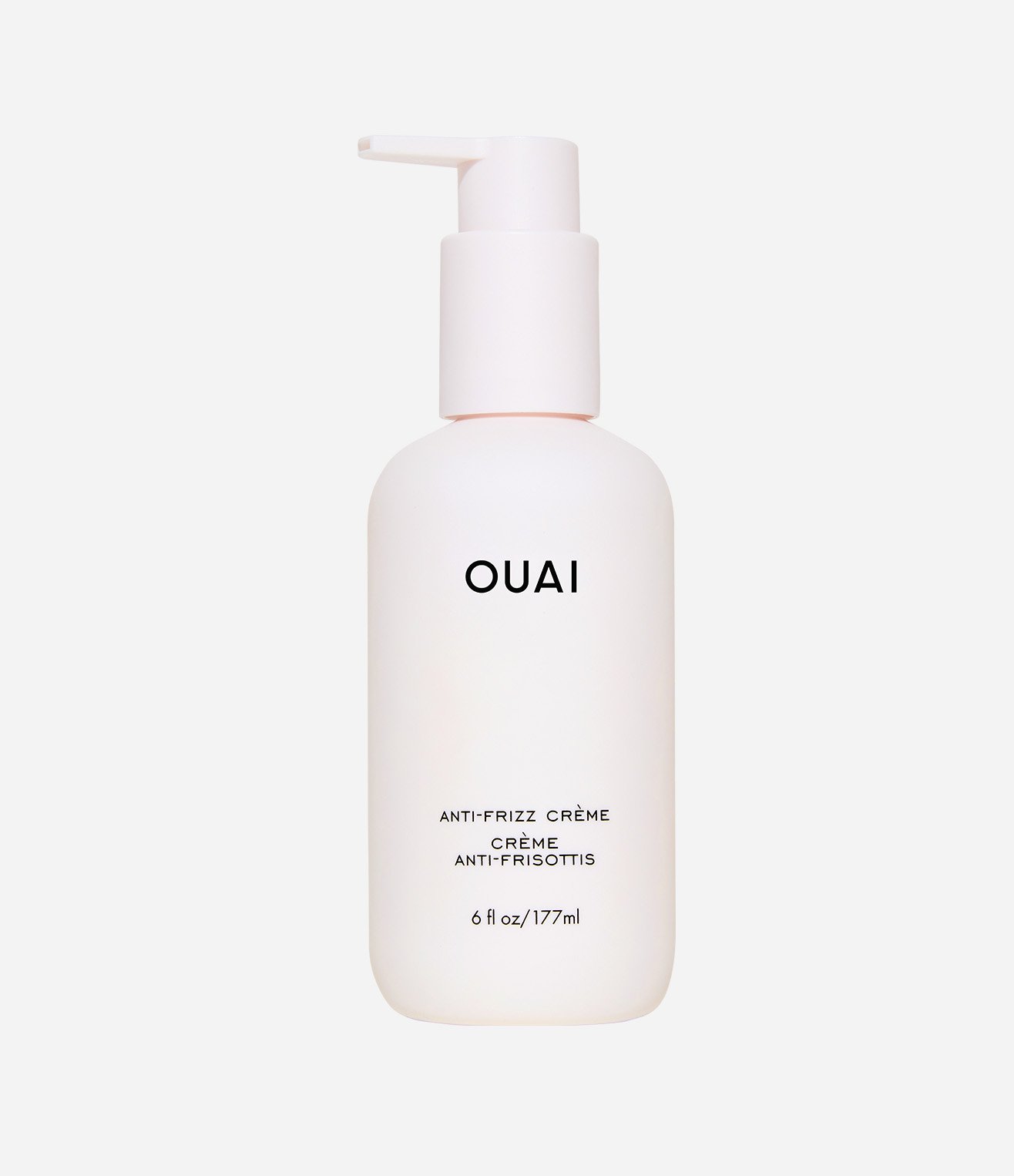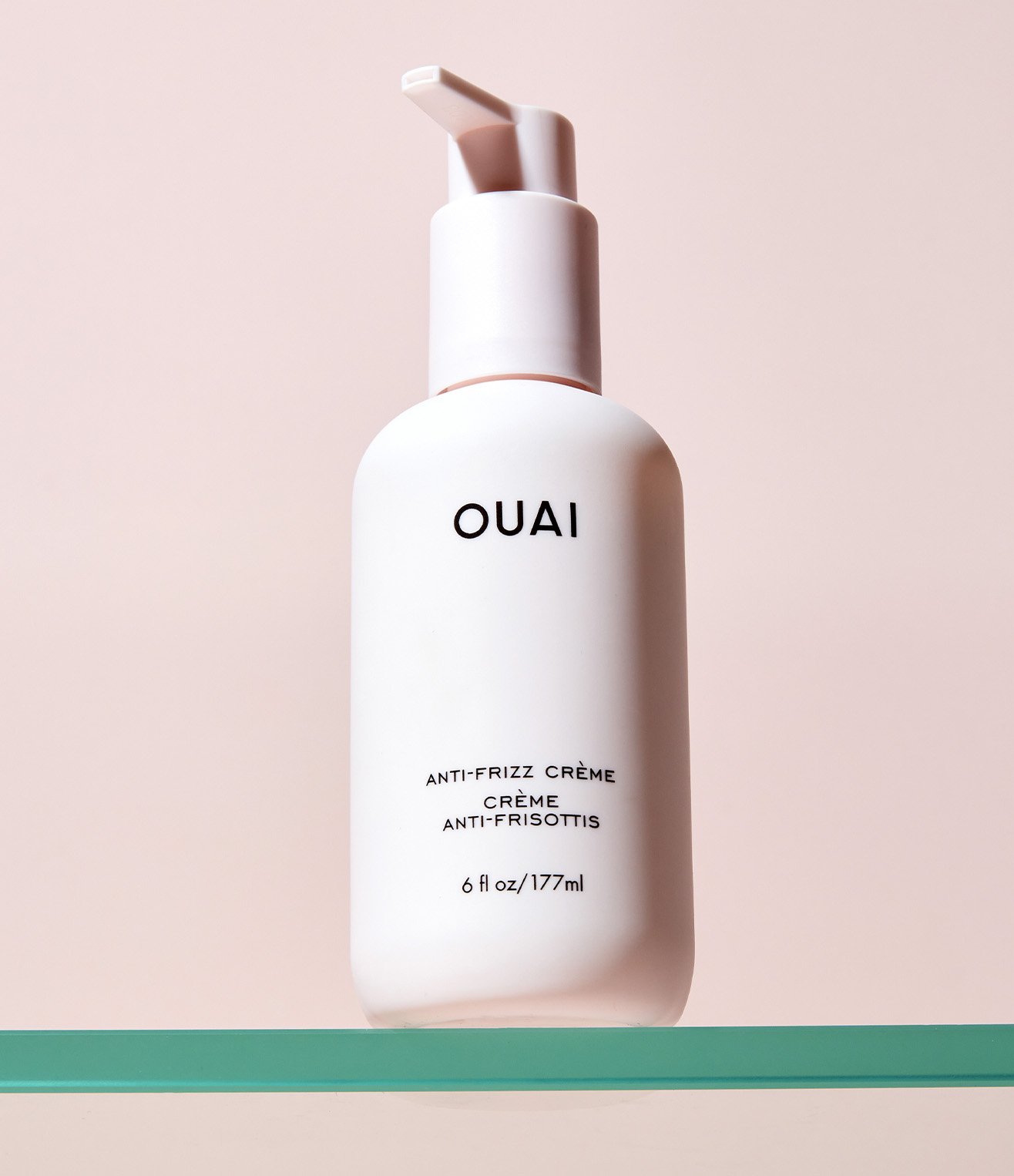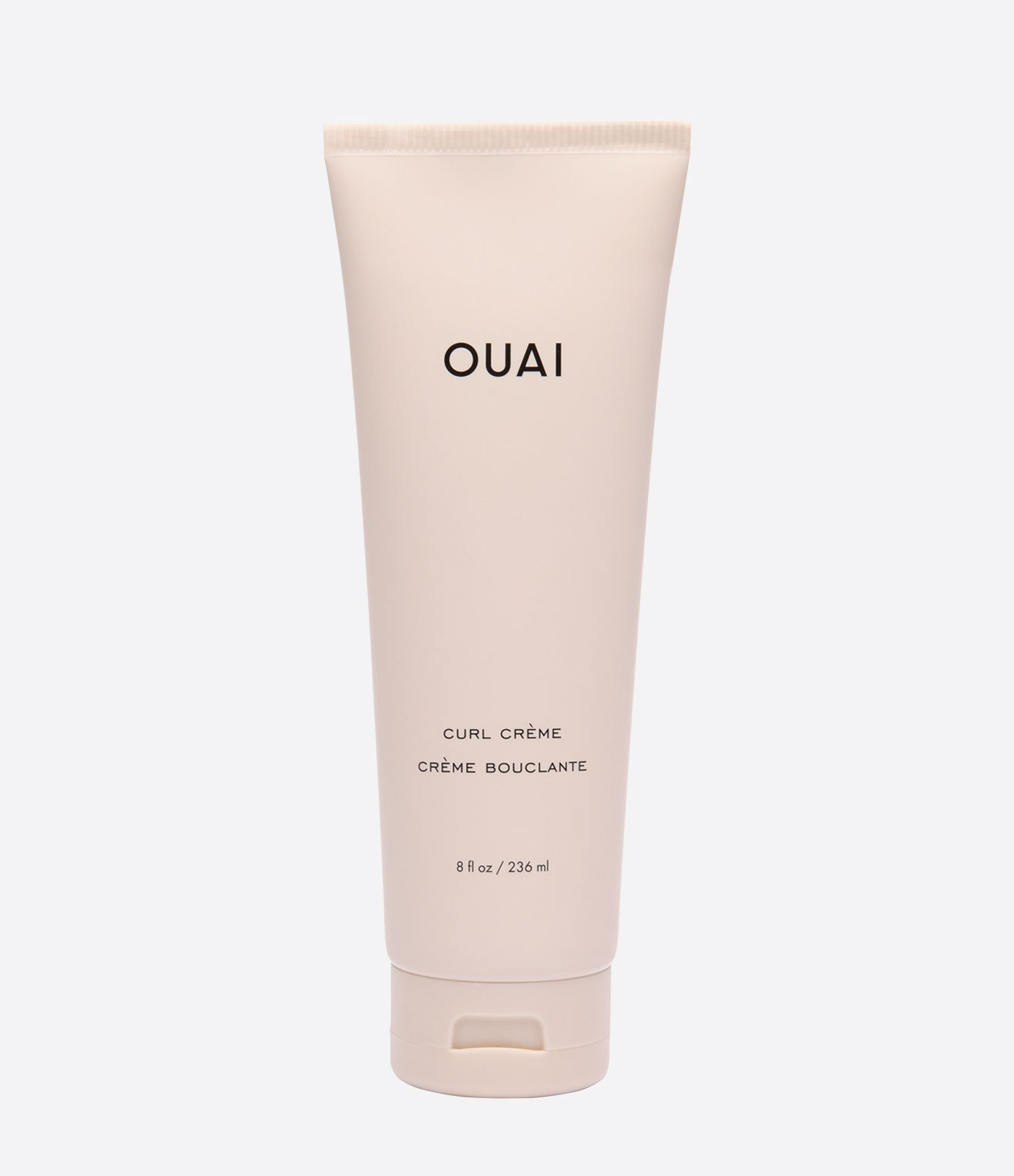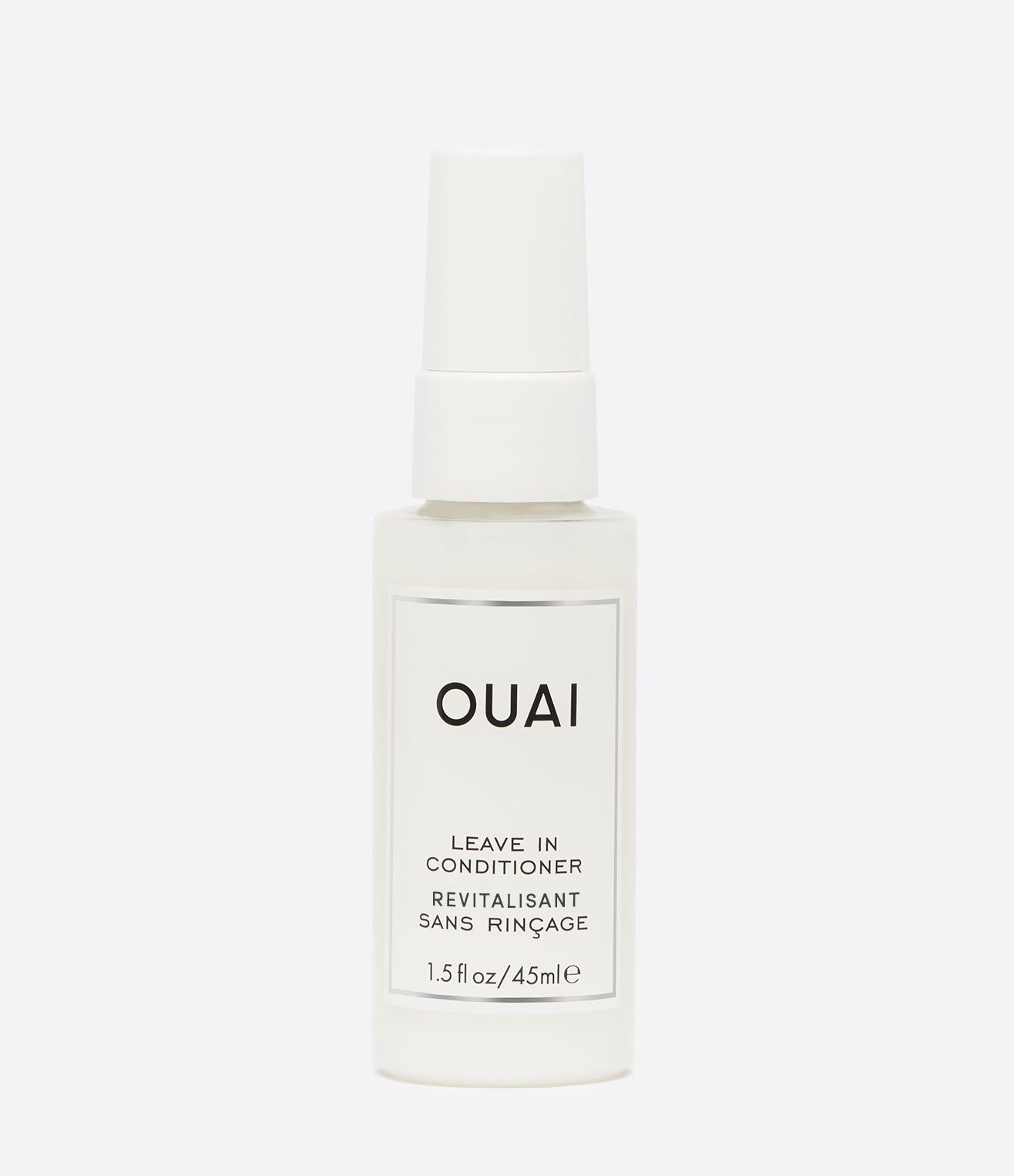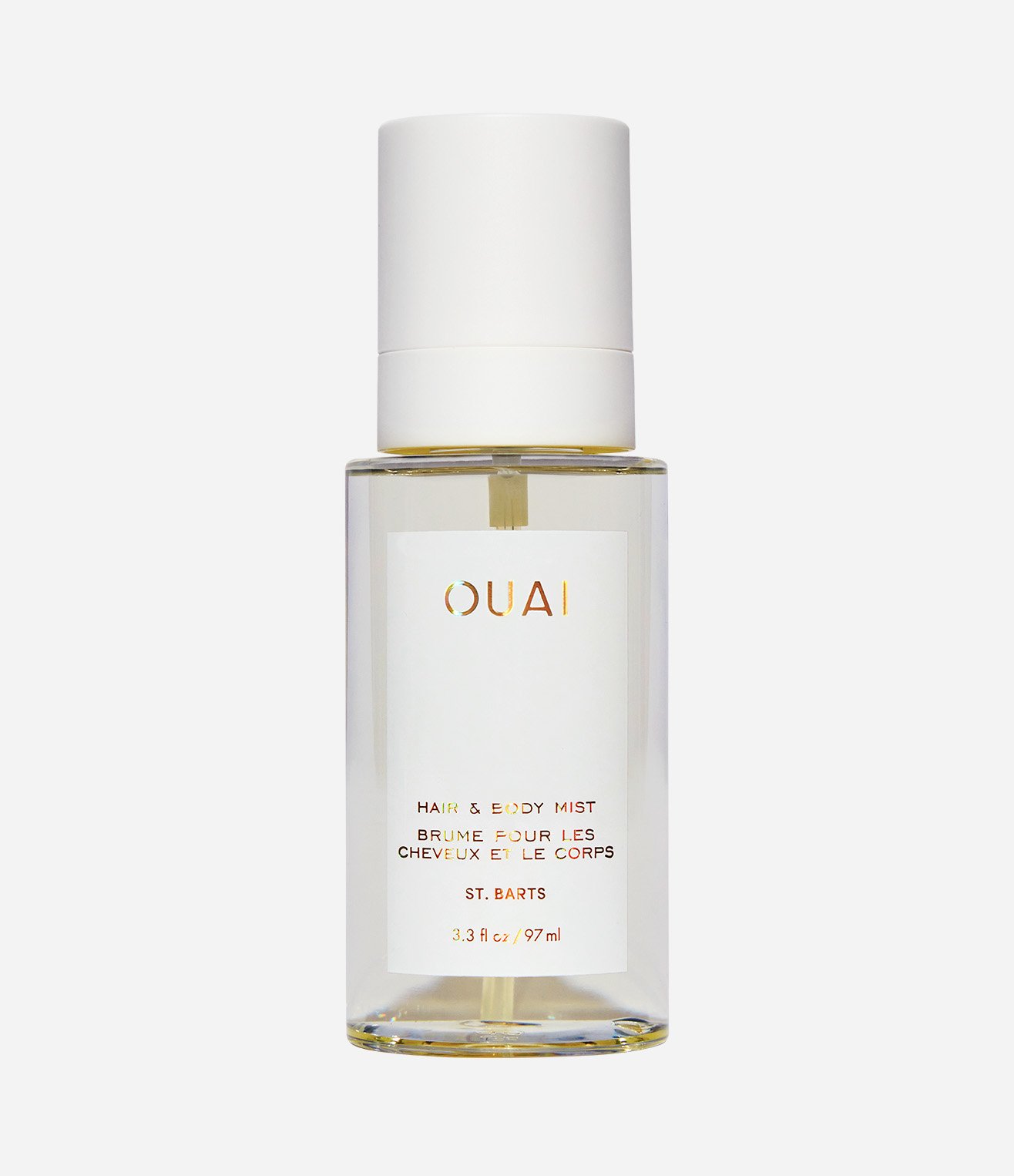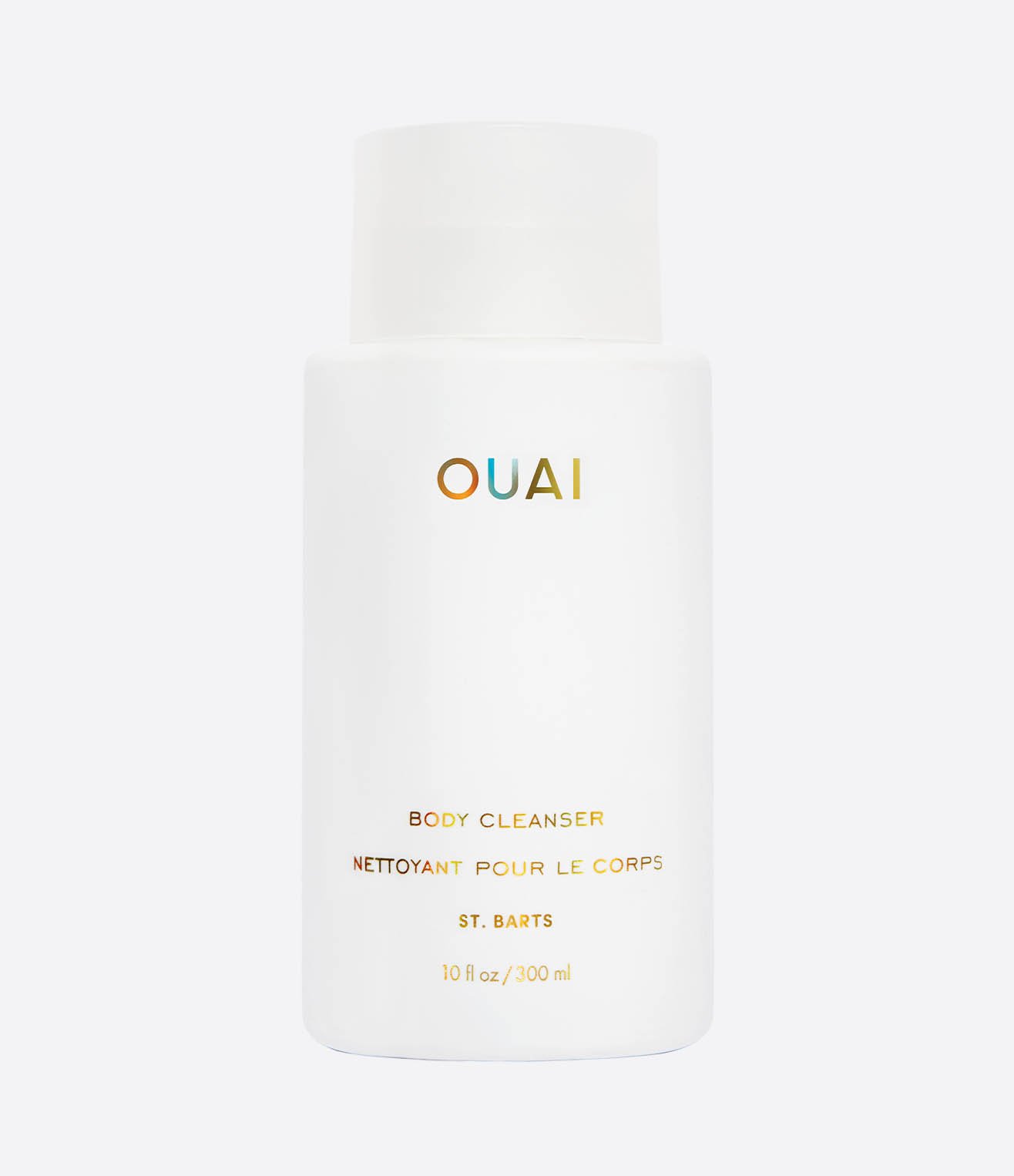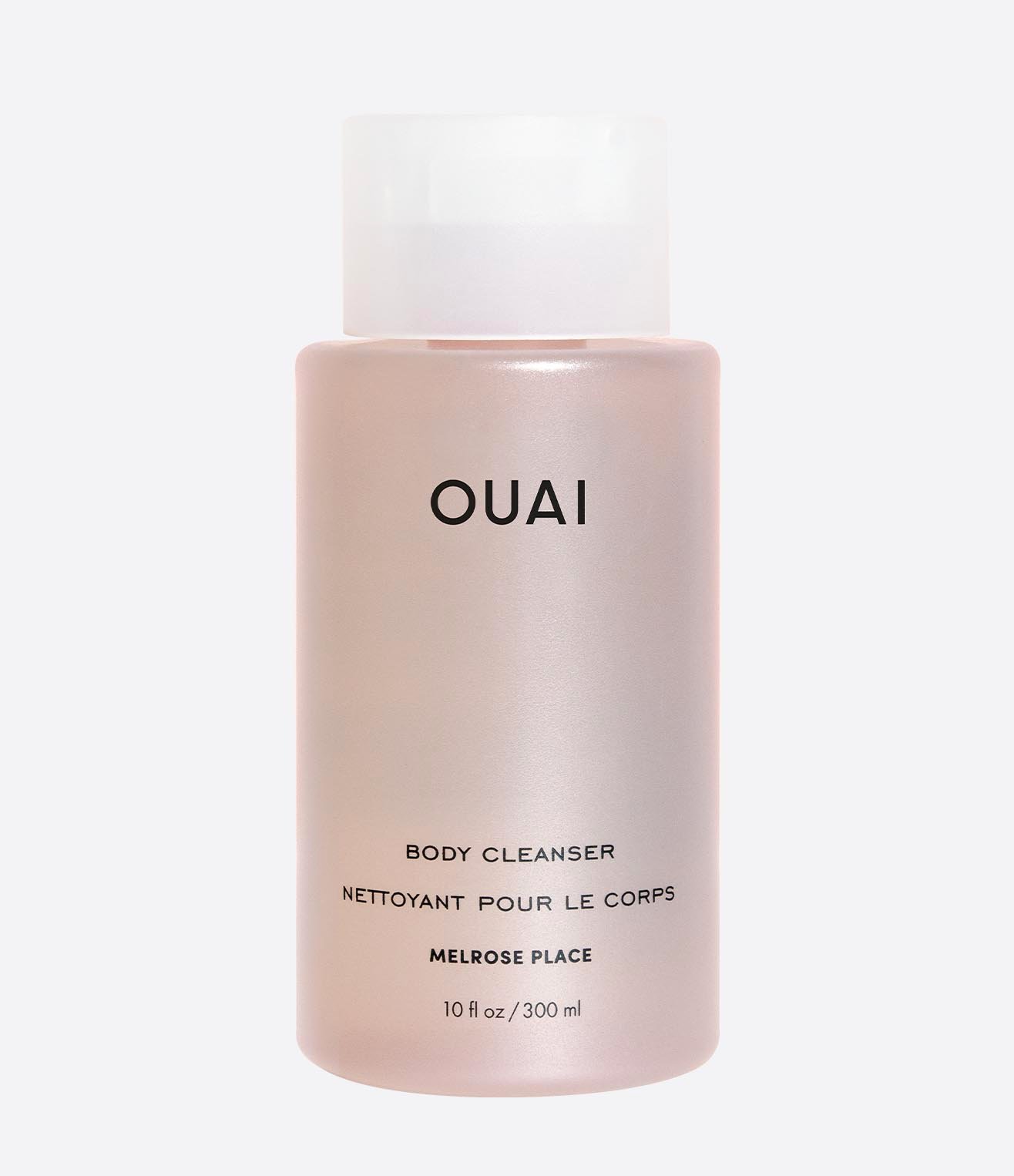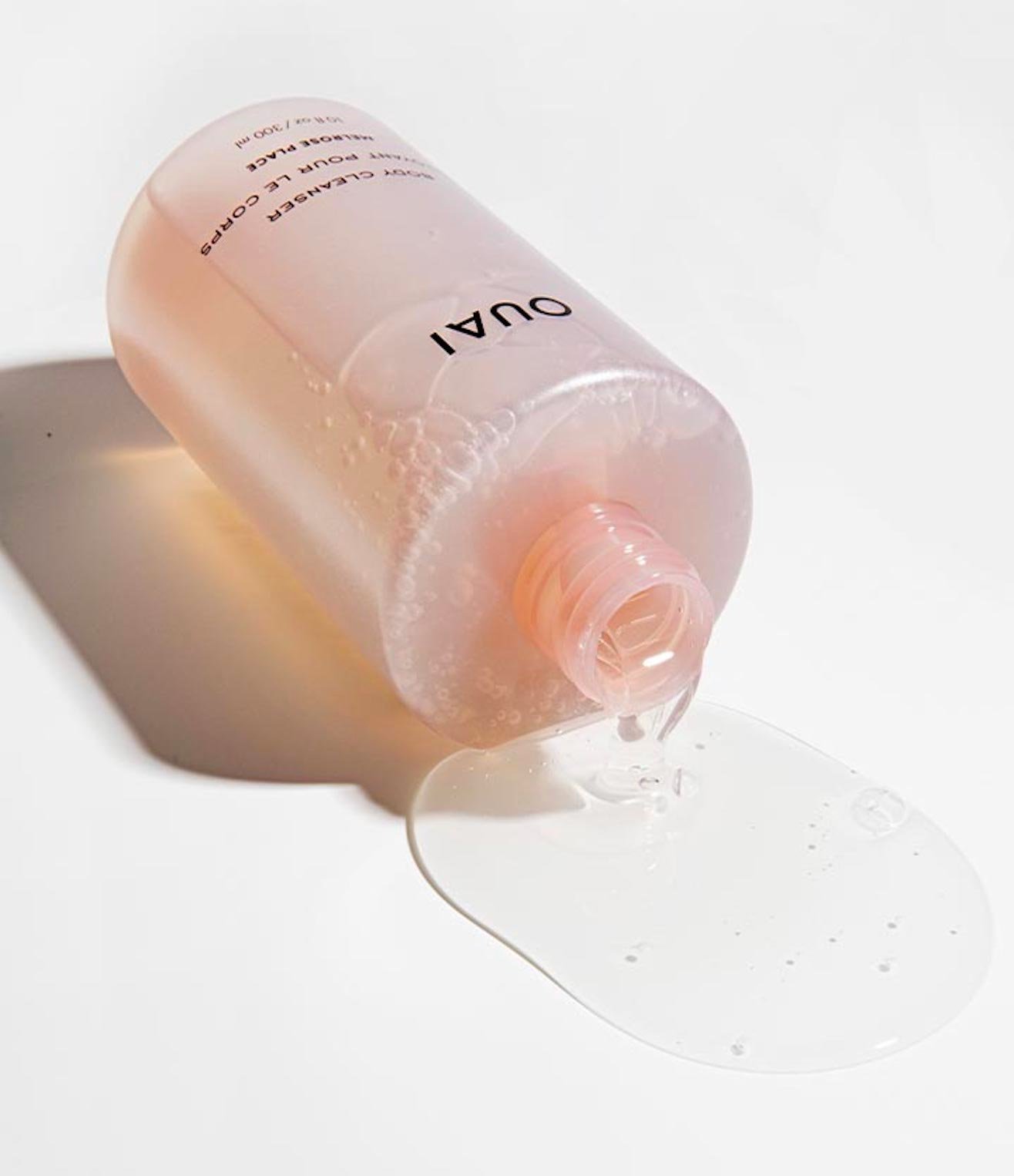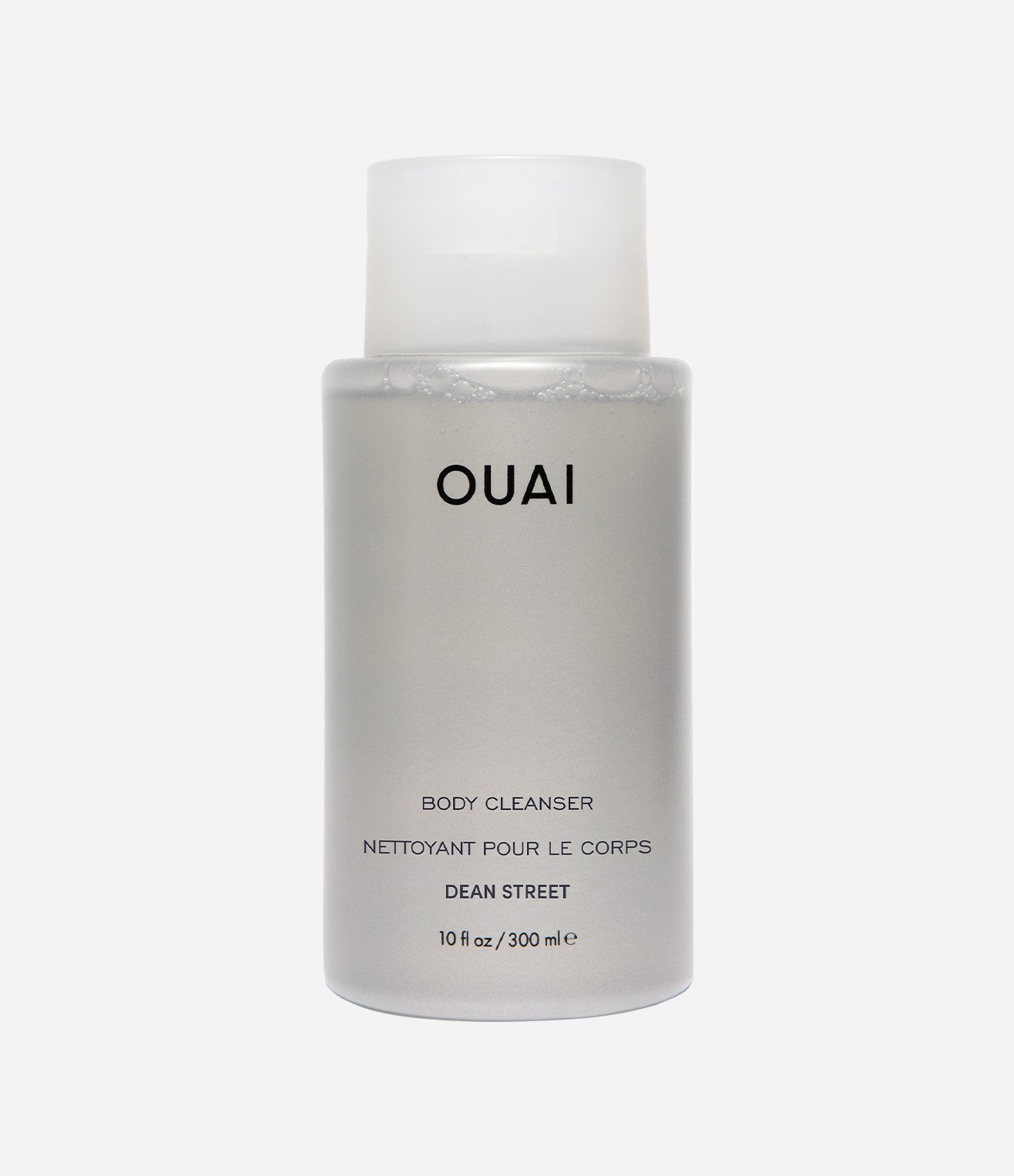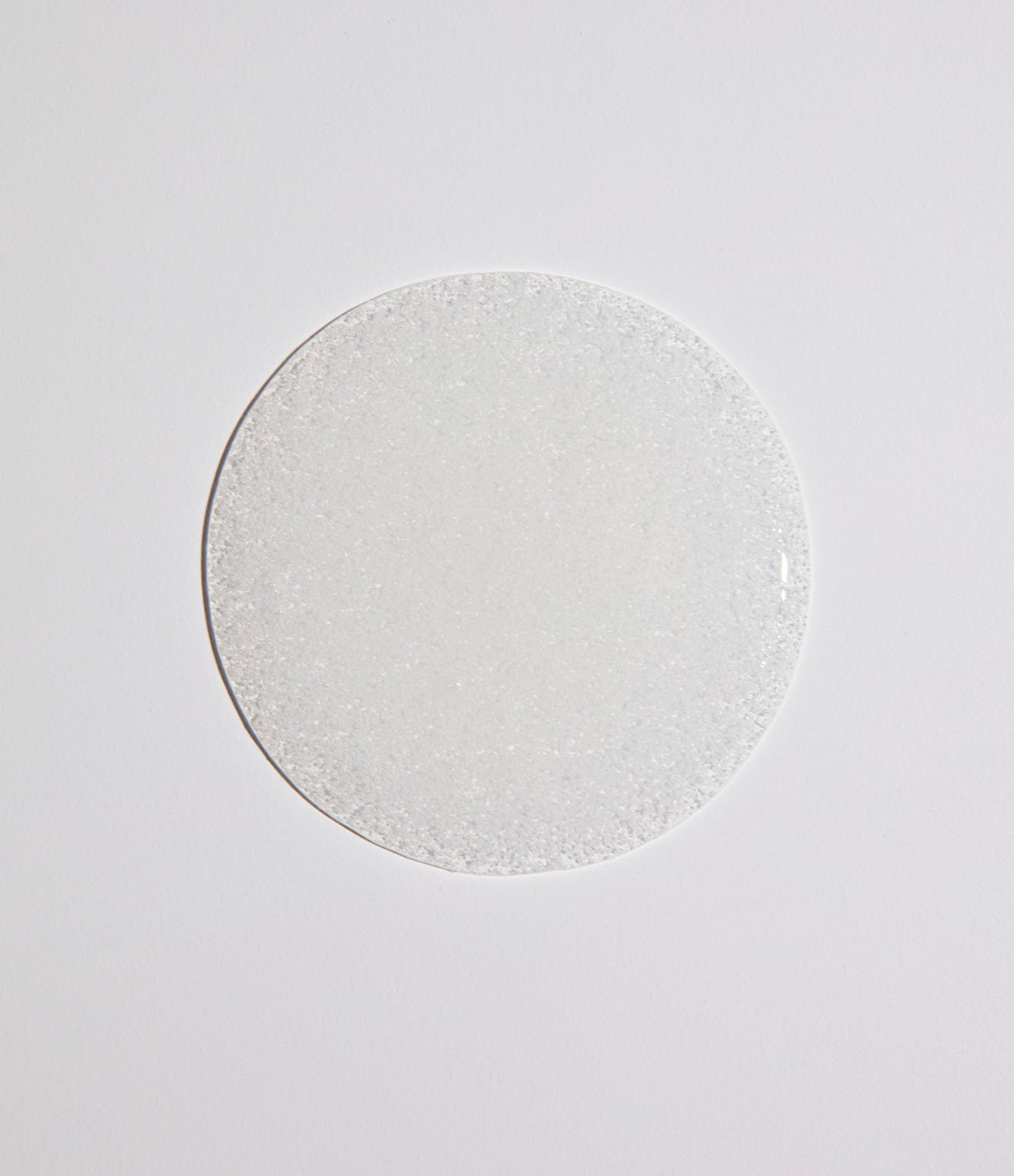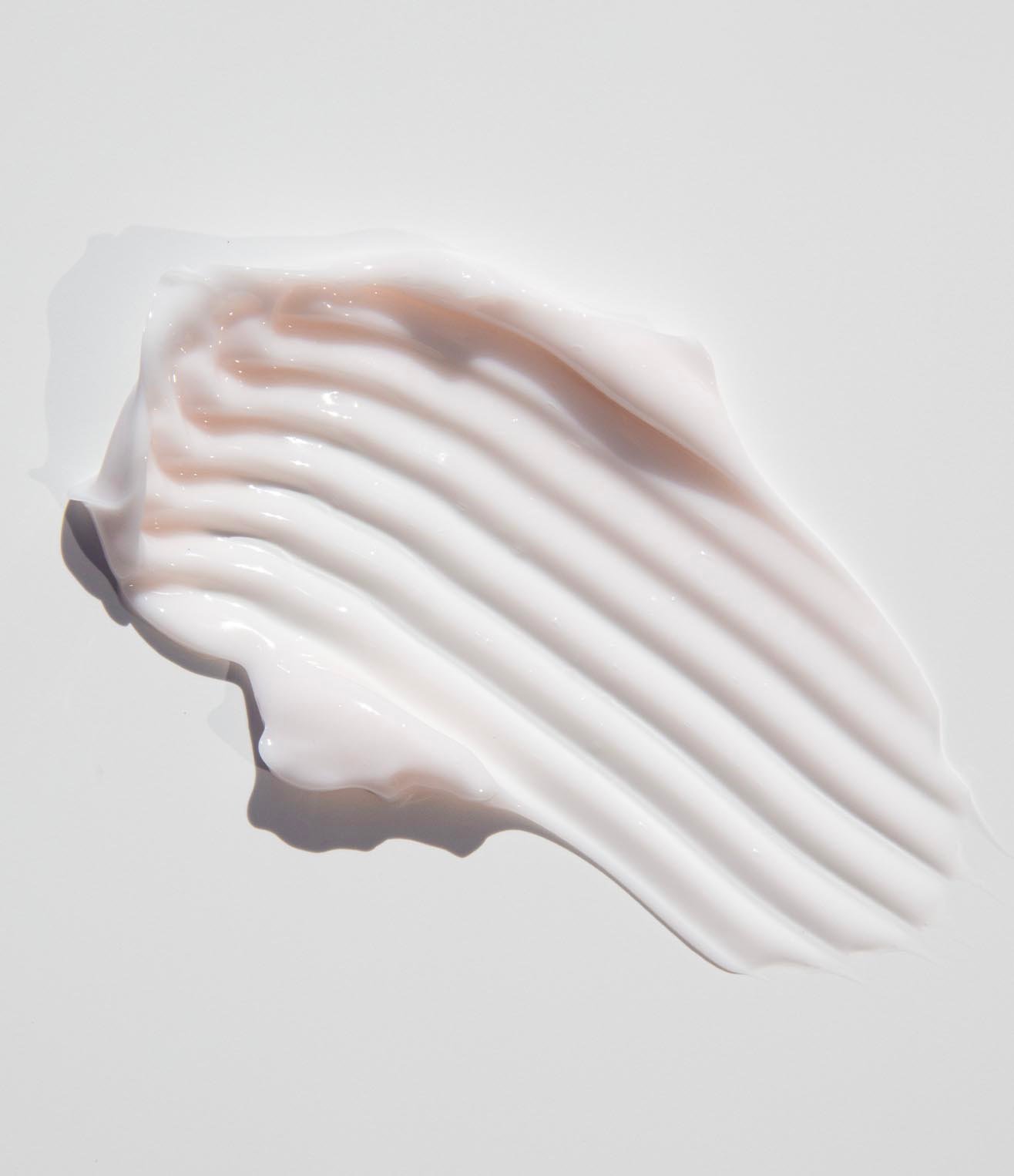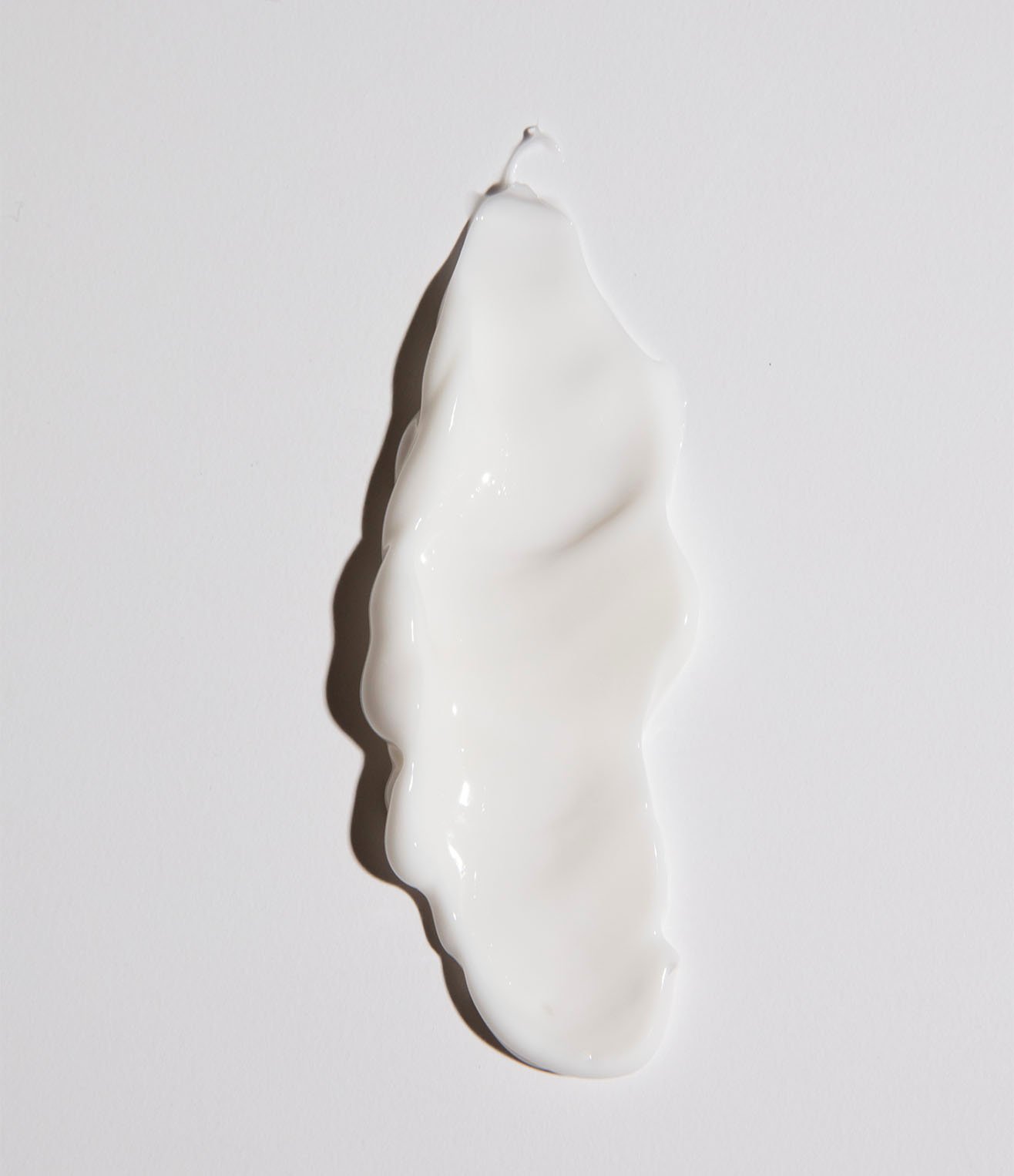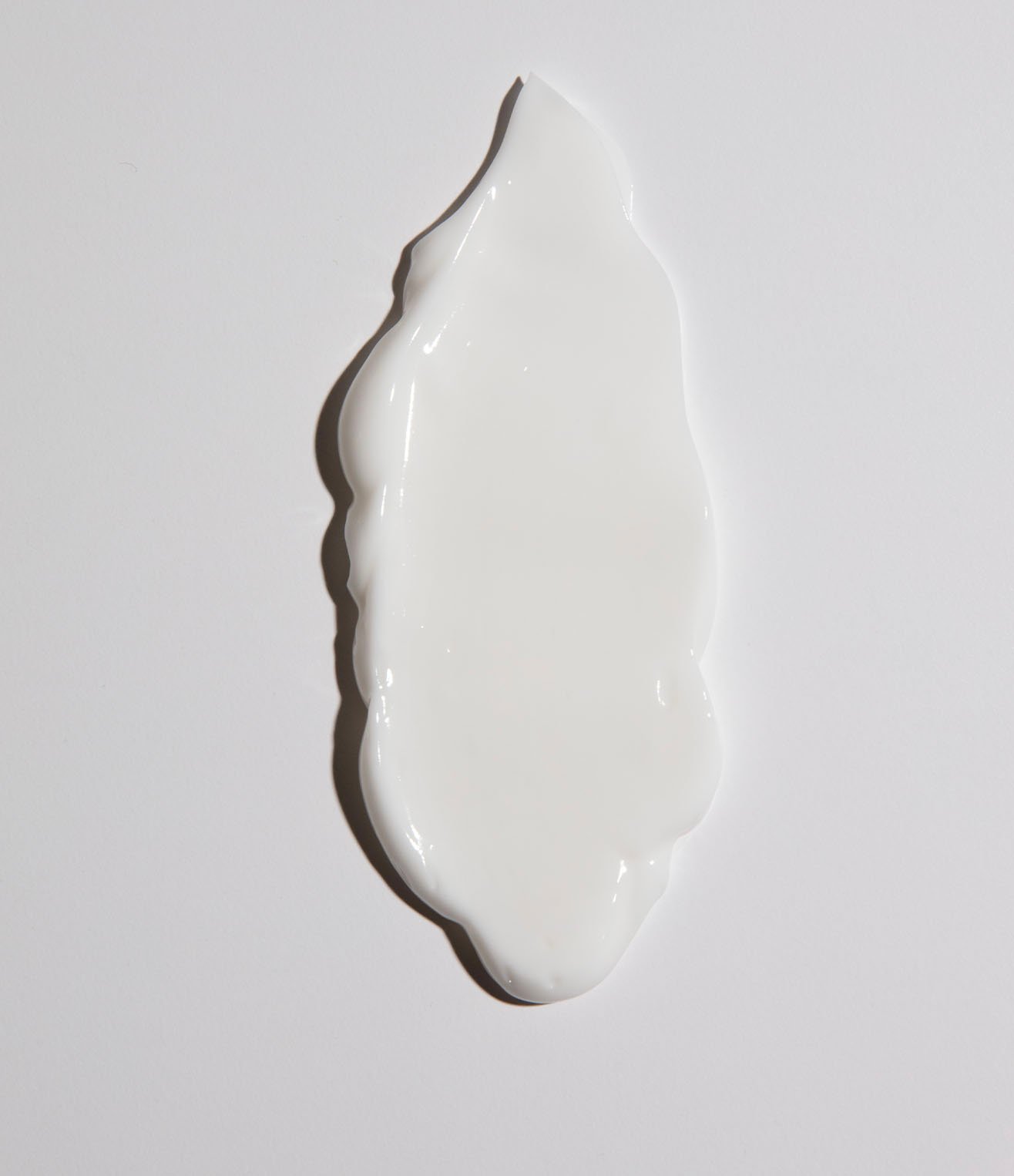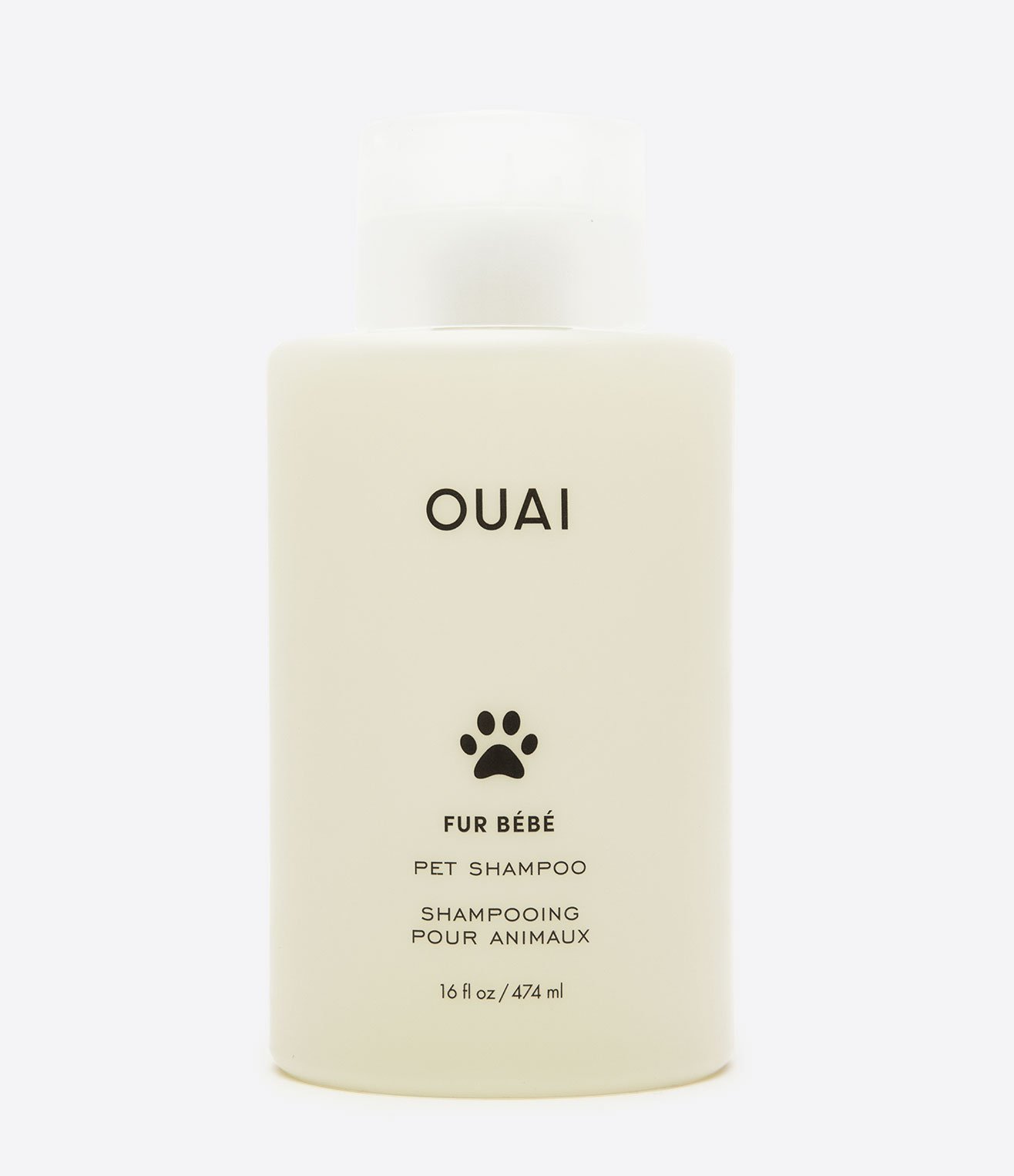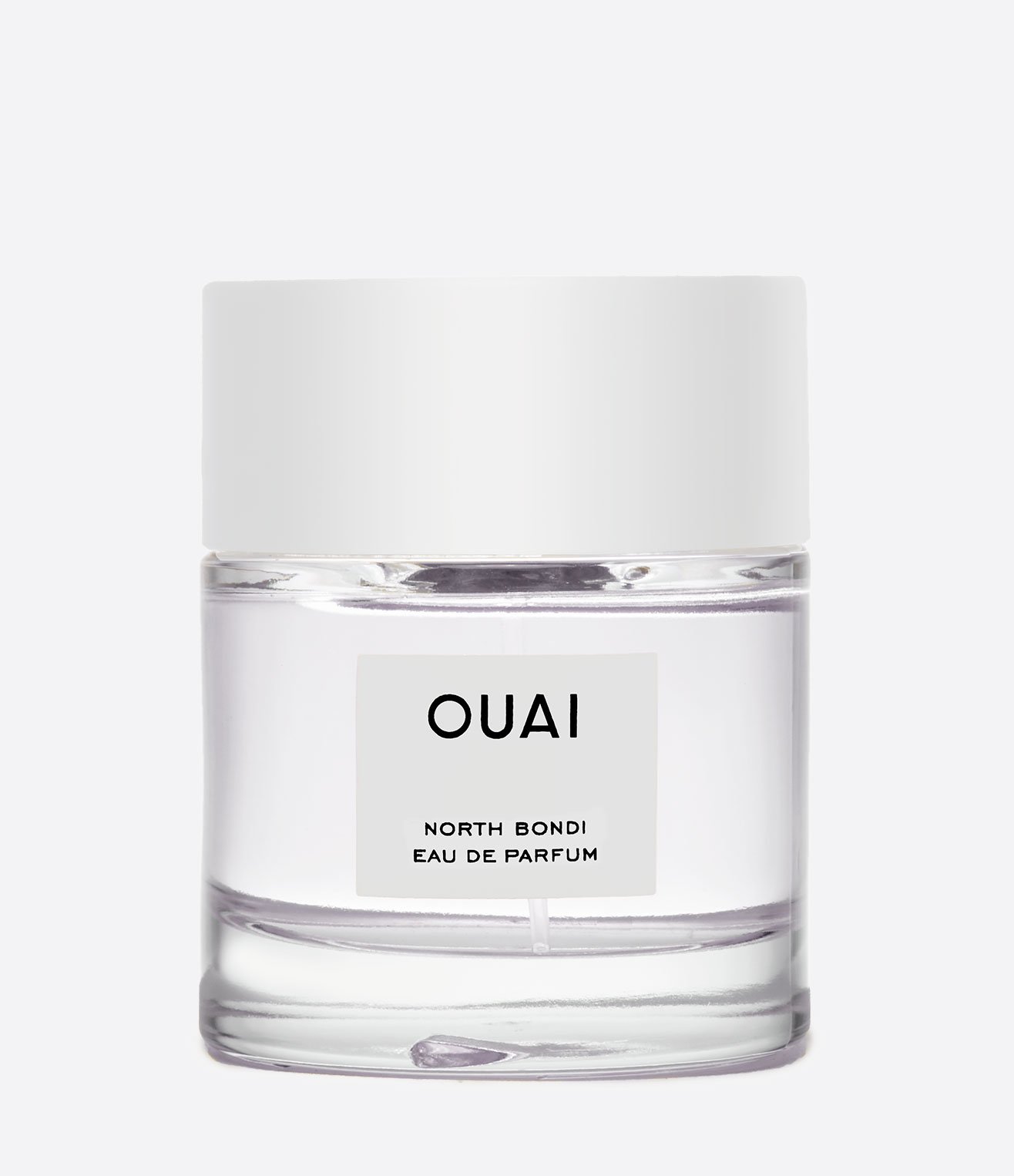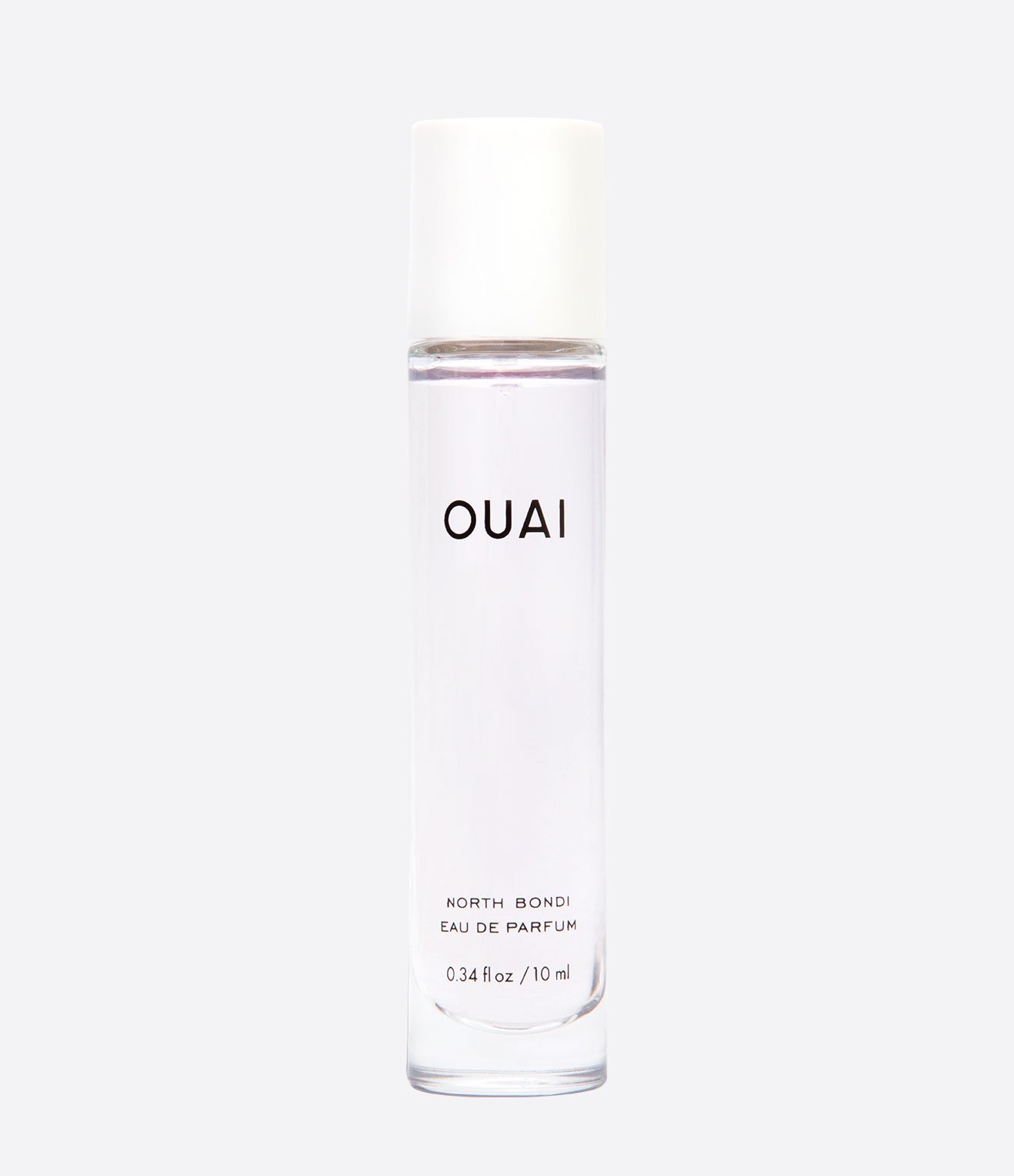You get brownie points for reading the blog. Use code BLOG15 for 15% off any purchase.
We've already schooled you on the foods and vitamins for long, healthy hair. Now, Kristin Dahl, a Los Angeles-based nutritionist and women’s wellness educator, is back again to talk about all things hormones and hair loss. Keep reading for Dahl's guide to maintaining optimum hormonal balance, how stress can mess with your mane, lock-block hair growth, and more. As the founder of The Women’s Wellness Collective and the holistic lifestyle hub, Dahl House Nutrition, Dahl knows what she's talking about so we'd take notes if we were you.
Estrogen Levels and Hair Loss
When hormones are off balance, our hair tends to be dry and thinning. For example, women with thyroid imbalances, new mothers, or menopausal women may experience hair loss due to a drop in levels of estrogen.
Androgen hormones like testosterone and DHEA are the major hormones that dictate hair growth. In women, the ovaries and adrenals are responsible for producing these hormones from cholesterol. An excess in these hormones can lead to unwanted hair growth on the face and body, but not having enough can lead to thinning and dull hair.
Optimal levels of estrogen help to grow full thick hair, while low estrogen levels lead to thin and stalled hair growth, which eventually leads to hair loss. Through the years, a women will go through various cycles of highs and lows in estrogen levels. Puberty is typically associated with high estrogen levels as a woman starts to cycle through menstruation. Pregnancy typically increases hormone production, but once the baby has been delivered the mother can experience a drop in estrogen levels, which can result in thinning and loss of hair. Typically, this corrects itself as the woman's body heals and hormonal regulation returns to normal.
The largest decline in estrogen levels is during menopause. Estrogen is secreted through the ovaries and adrenal glands. When a woman hits menopause, the ovaries’ estrogen production is significantly diminished, which puts an excess burden on the adrenals to produce it. However, as the adrenals are typically overburdened due to stress, symptoms of menopauses like hair loss and hot flashes occur prematurely and excessively for some. Nourishing the body and balancing stress levels will support gentle and graceful transitions.
Check Your Stress
Stress reduction may be the most important step to hormonal balance. Stress, whether it be mental, physical or emotional all takes a toll on how balanced our hormones are. Find a relaxation activity you enjoy and practice it daily. Some examples are yoga, meditating, walking in nature, and deep breathing.
Adaptogenic herbs are some of the most supportive remedies for stress and hormone regulation.
And Blood Sugar Levels
Insulin regulation is also a big factor in hair health, as an imbalance can lead to various hormonal effects. Insulin helps to regulate blood sugar levels, which effects fat storage and hormone balance. Fat storage and hormone balance play a role in hair growth because fat storages will secrete excess estrogen in the body, and can desensitize hormone signals.
Natural Remedies for Regulating Hormones
- Optimal elimination: This is a necessity for hormonal balance. When we are constipated, we are unable to eliminate excess hormones from our system. Adequate fiber, water intake, and liver support are necessary for proper clearance:
- Fiber: Eating leafy vegetables, and a variety of fruits helps to bulk stool and supports elimination. Foods like chia and flax bind to toxins and pull moisture into the stools so that it can easily pass.
- Water: is essential for proper hydration and moves stool through the intestine. When we are dehydrated, this leads to constipation as our bowels become dry and are unable to function with ease.
- Liver support: is necessary to eliminate unneeded wastes from the body. Everything we take in is processed through the liver and toxins are broken down into water soluble byproducts so they can be moved into the intestine and pulled into the stool for elimination. Foods like cruciferous vegetables (kale, broccoli, collard greens) and lemon support the liver detox pathways. Herbs like milk thistle, dandelion root, and burdock root help to support liver cleansing.

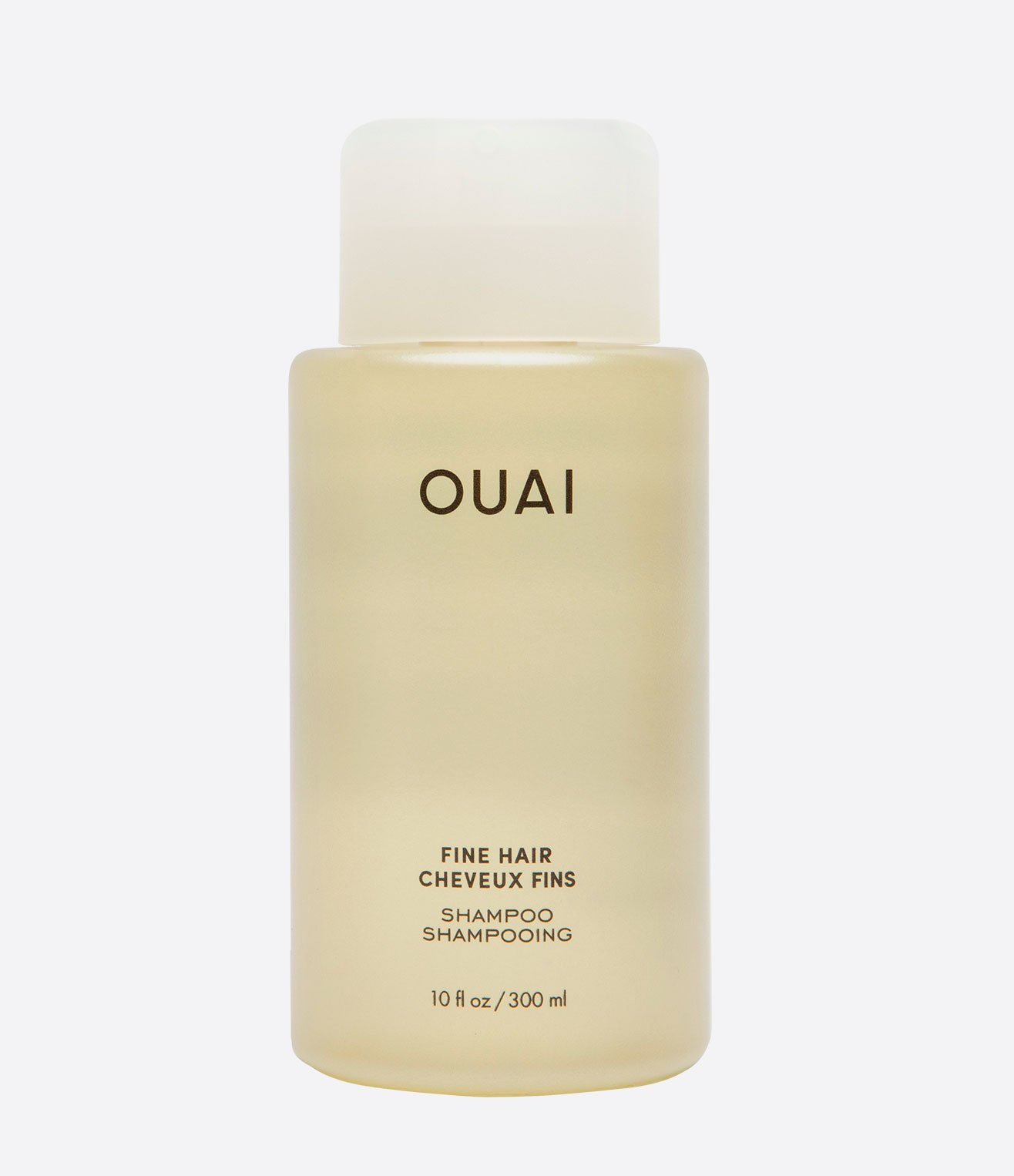
.jpeg?v=1688177409143&options=w_{width})
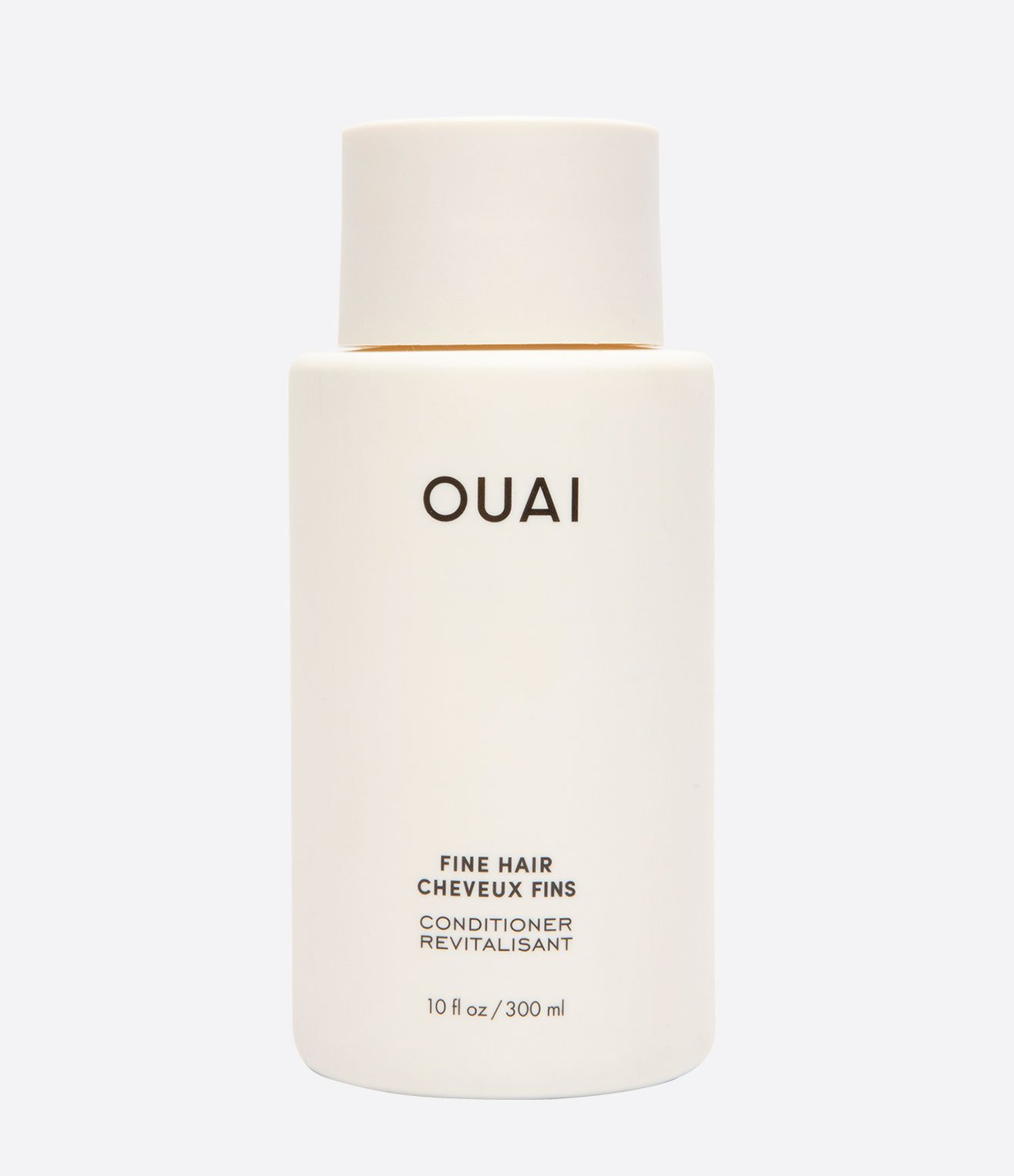
.jpeg?v=1688177439232&options=w_{width})
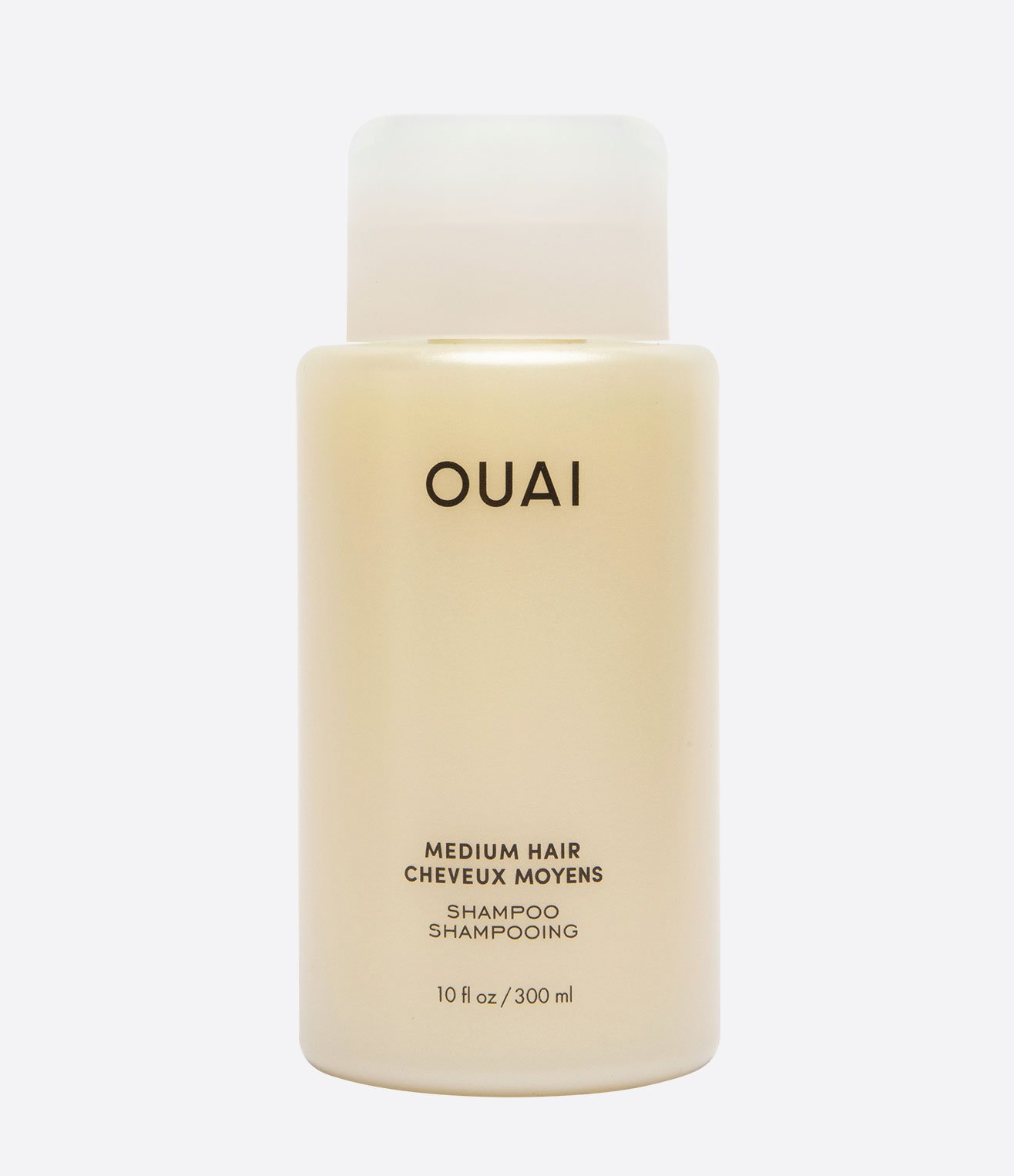

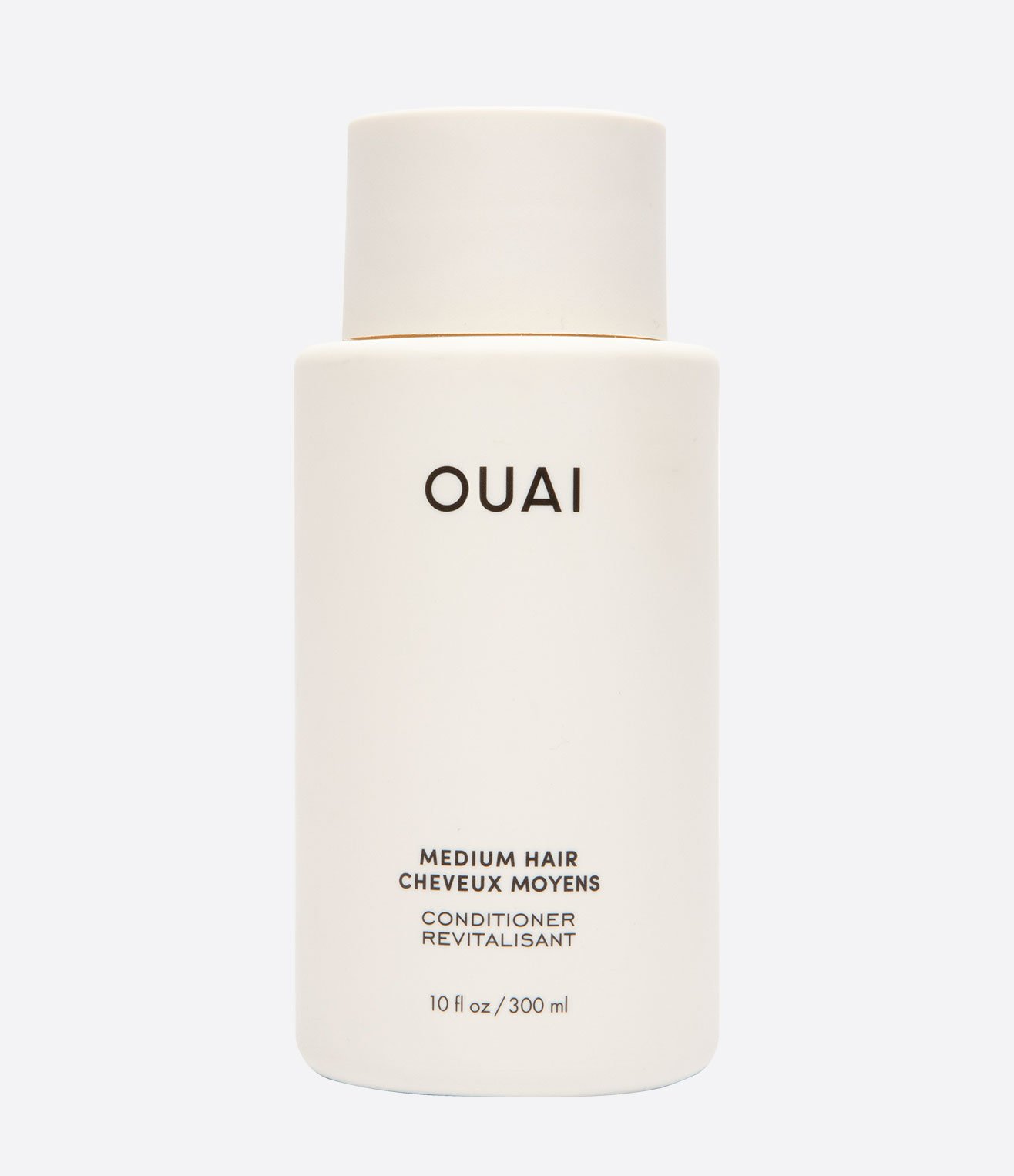
.jpeg?v=1688177567437&options=w_{width})
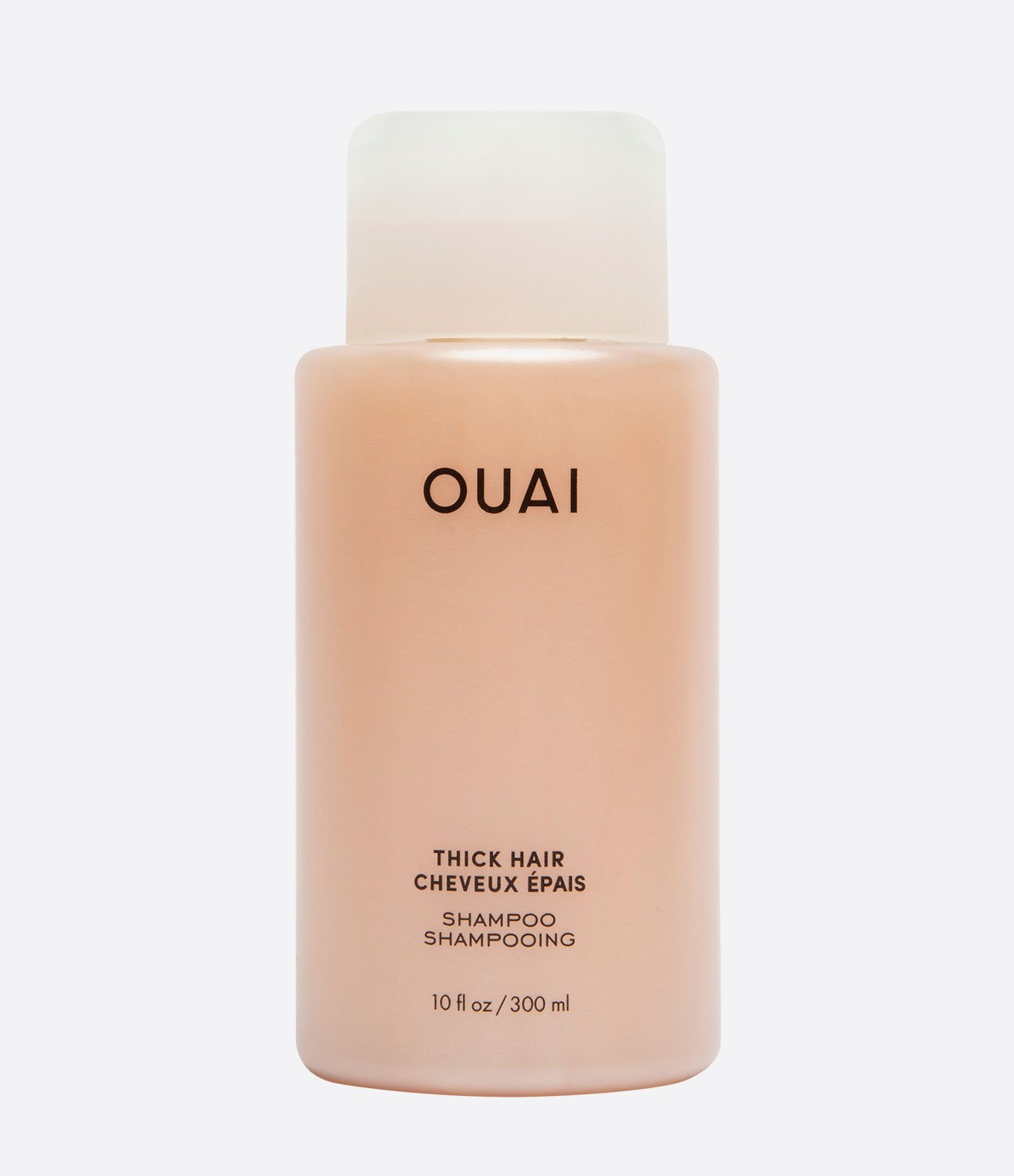
.jpeg?v=1688177616065&options=w_{width})
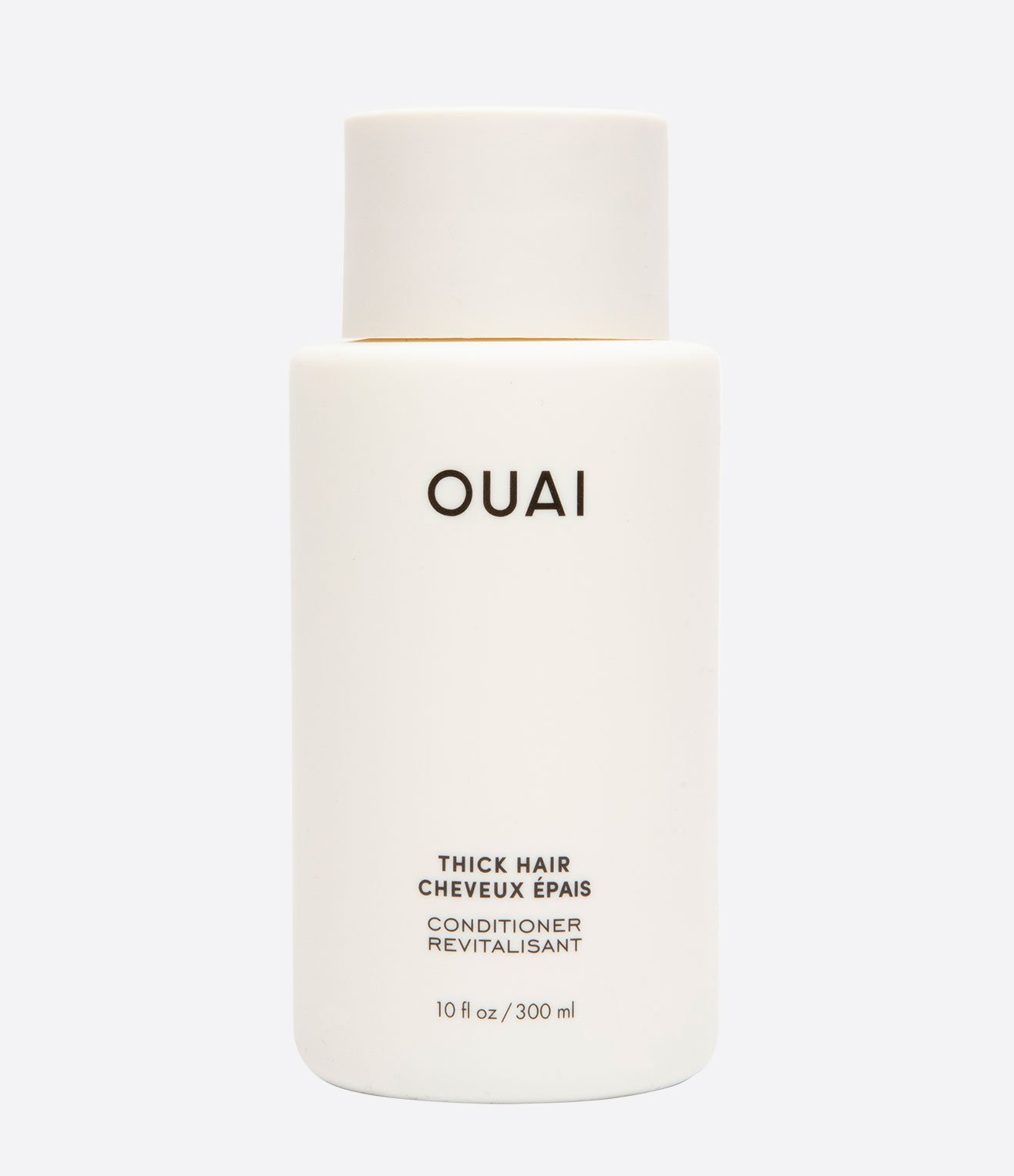

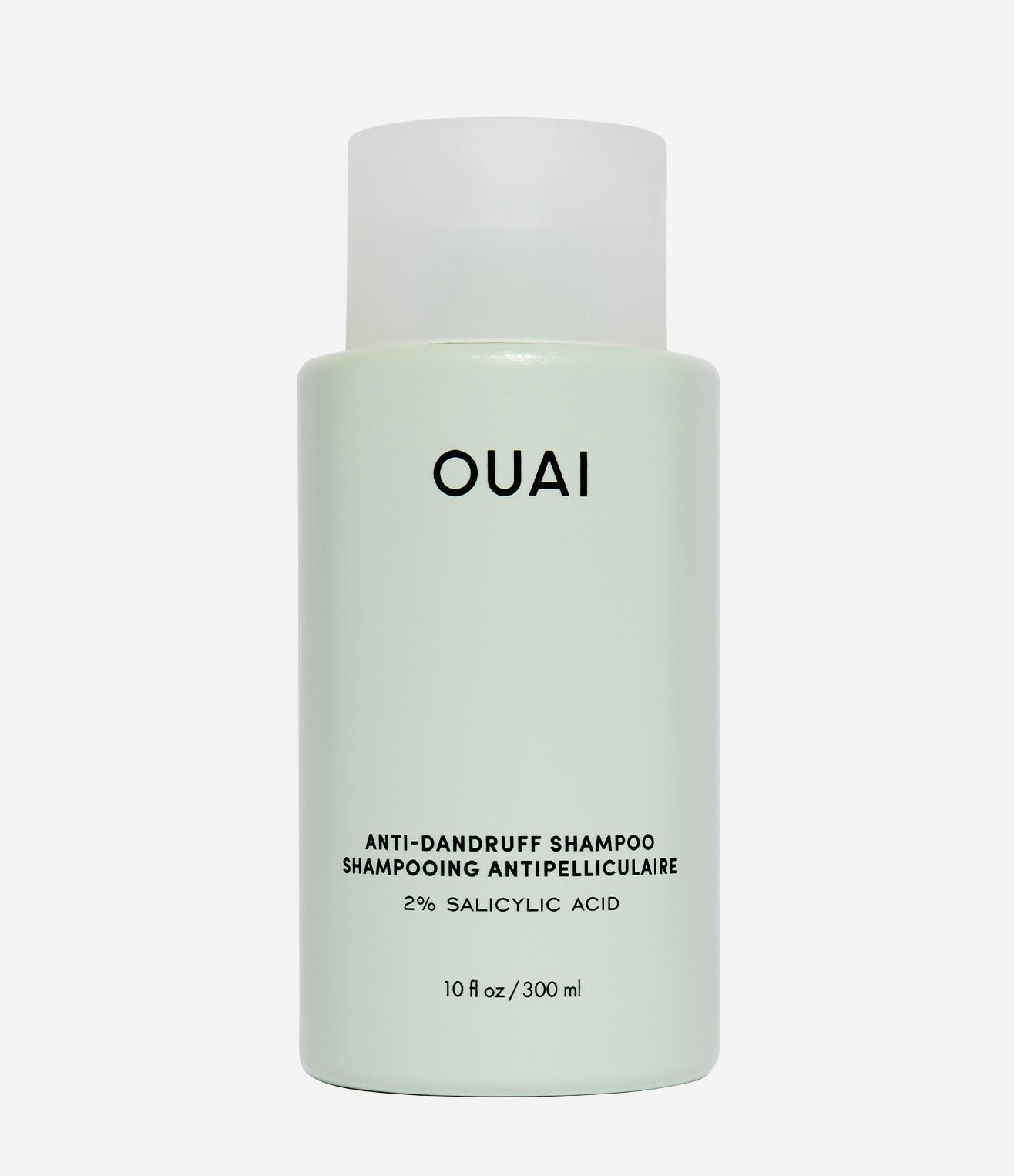
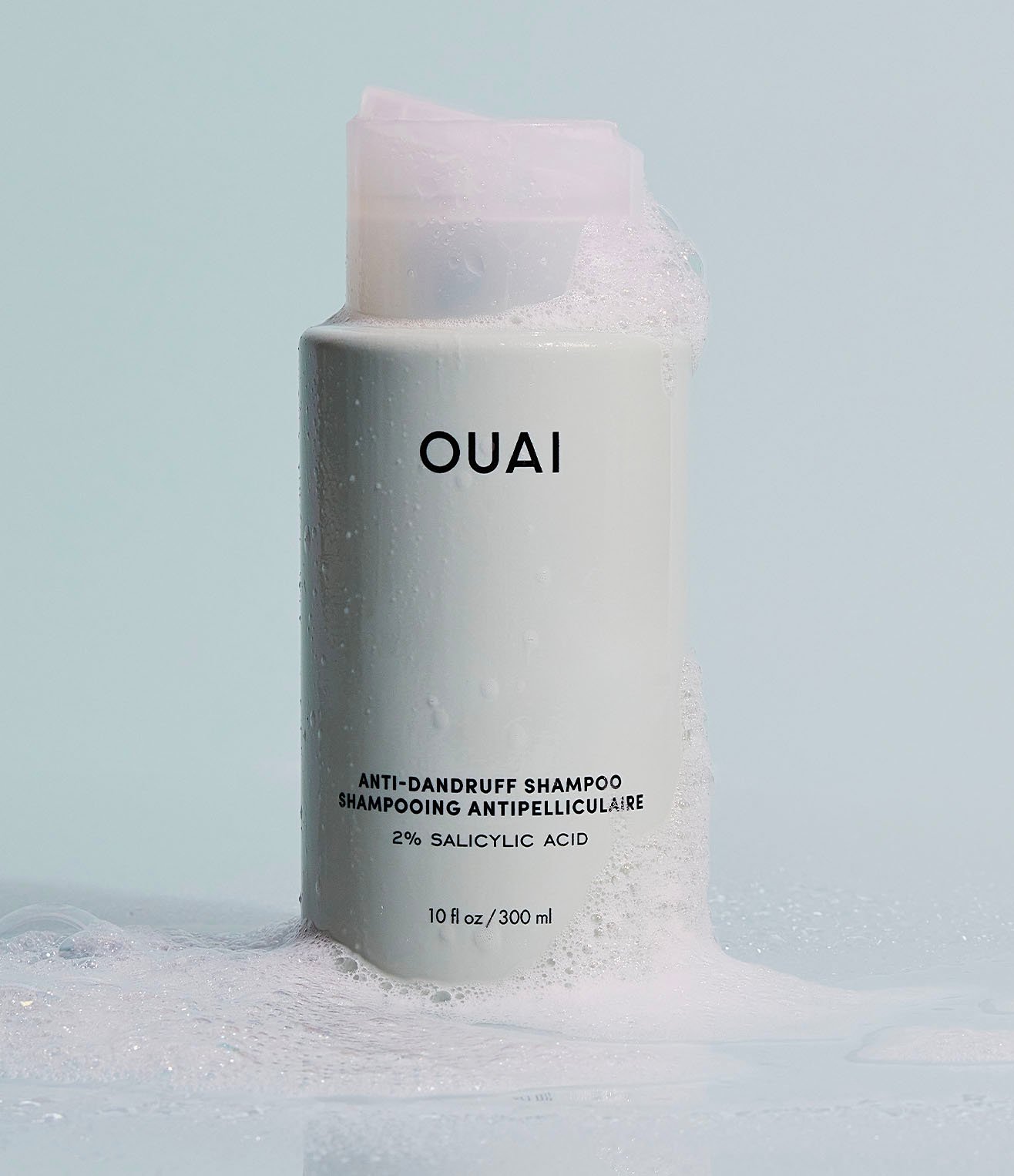

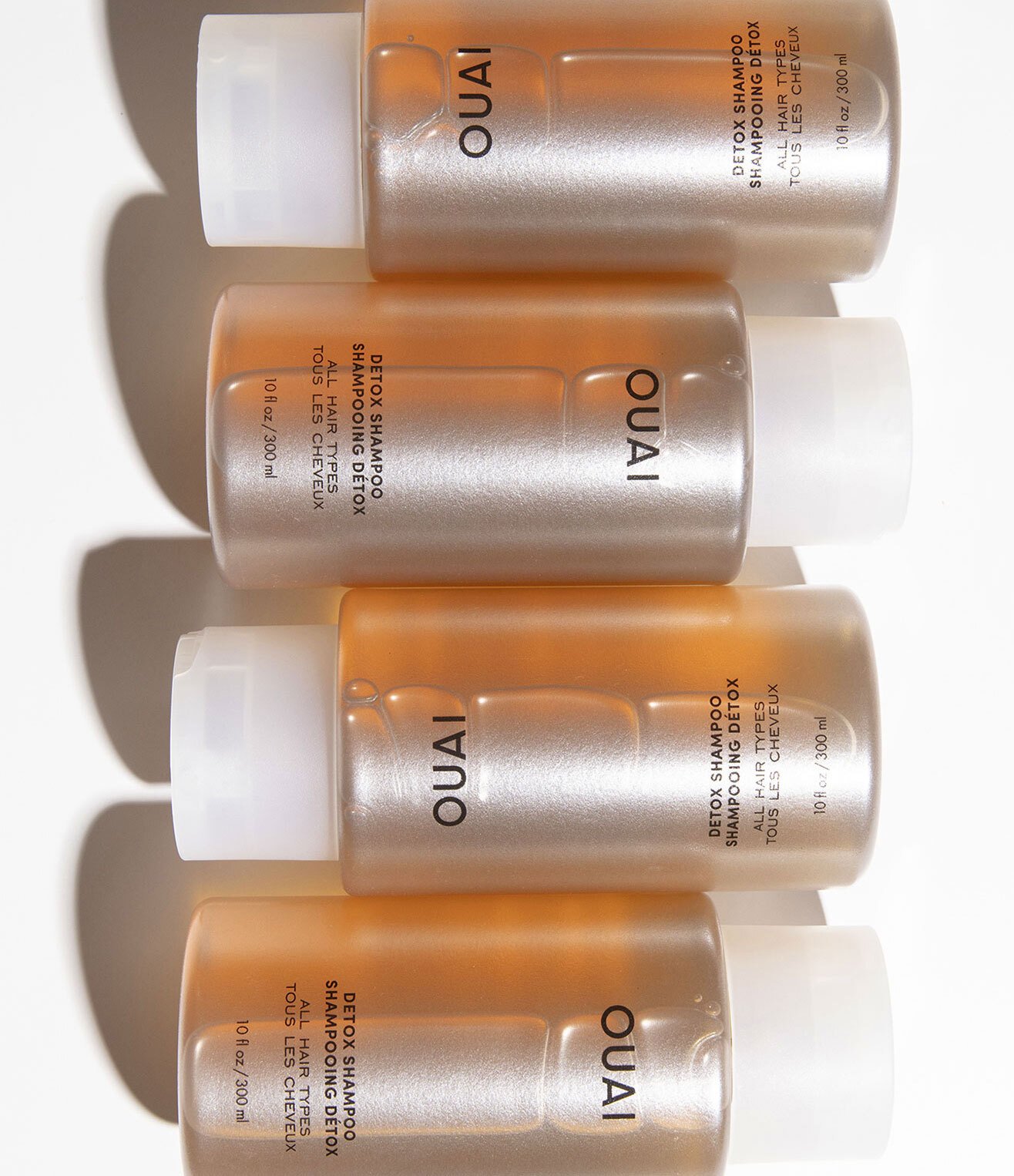

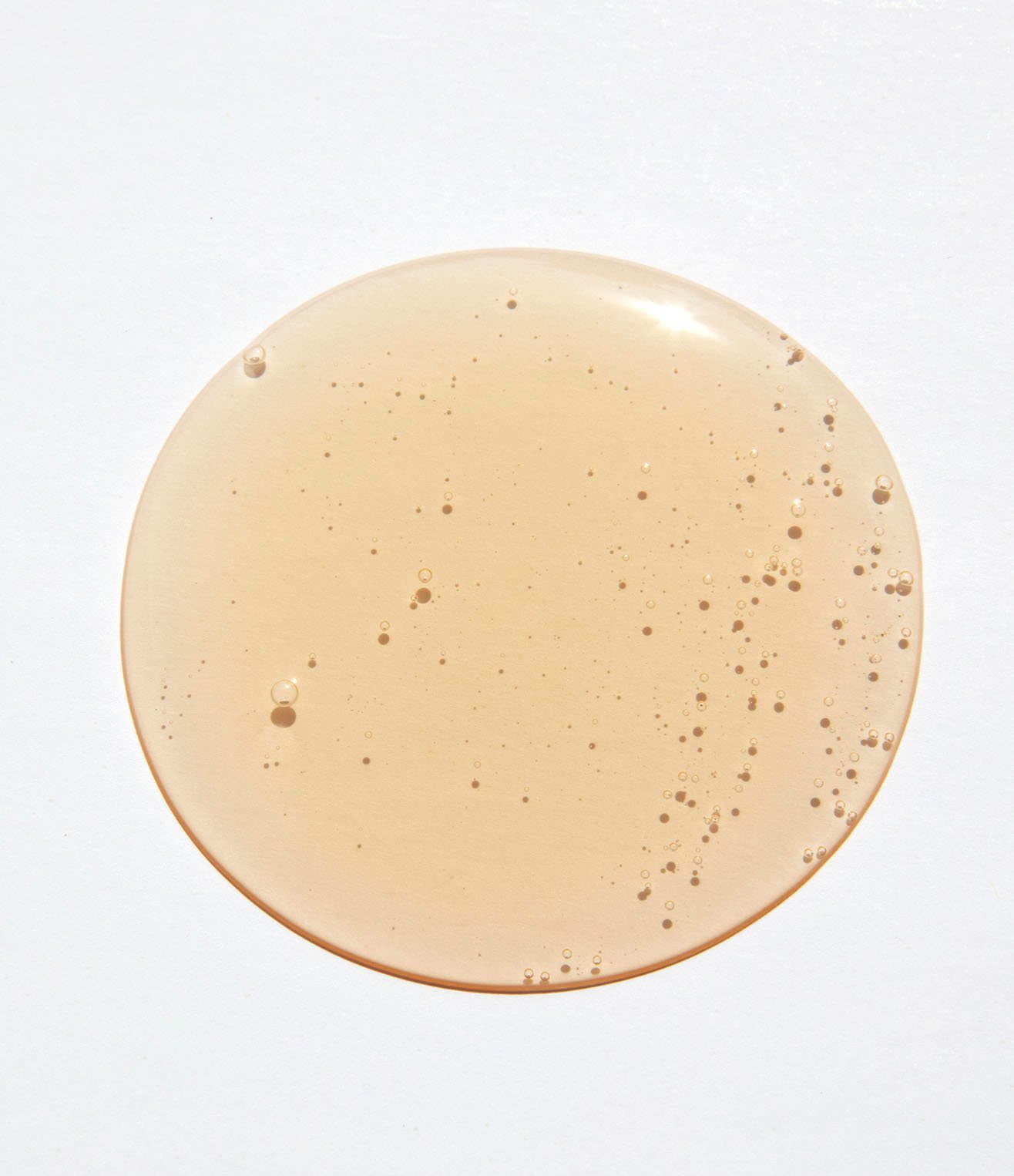
















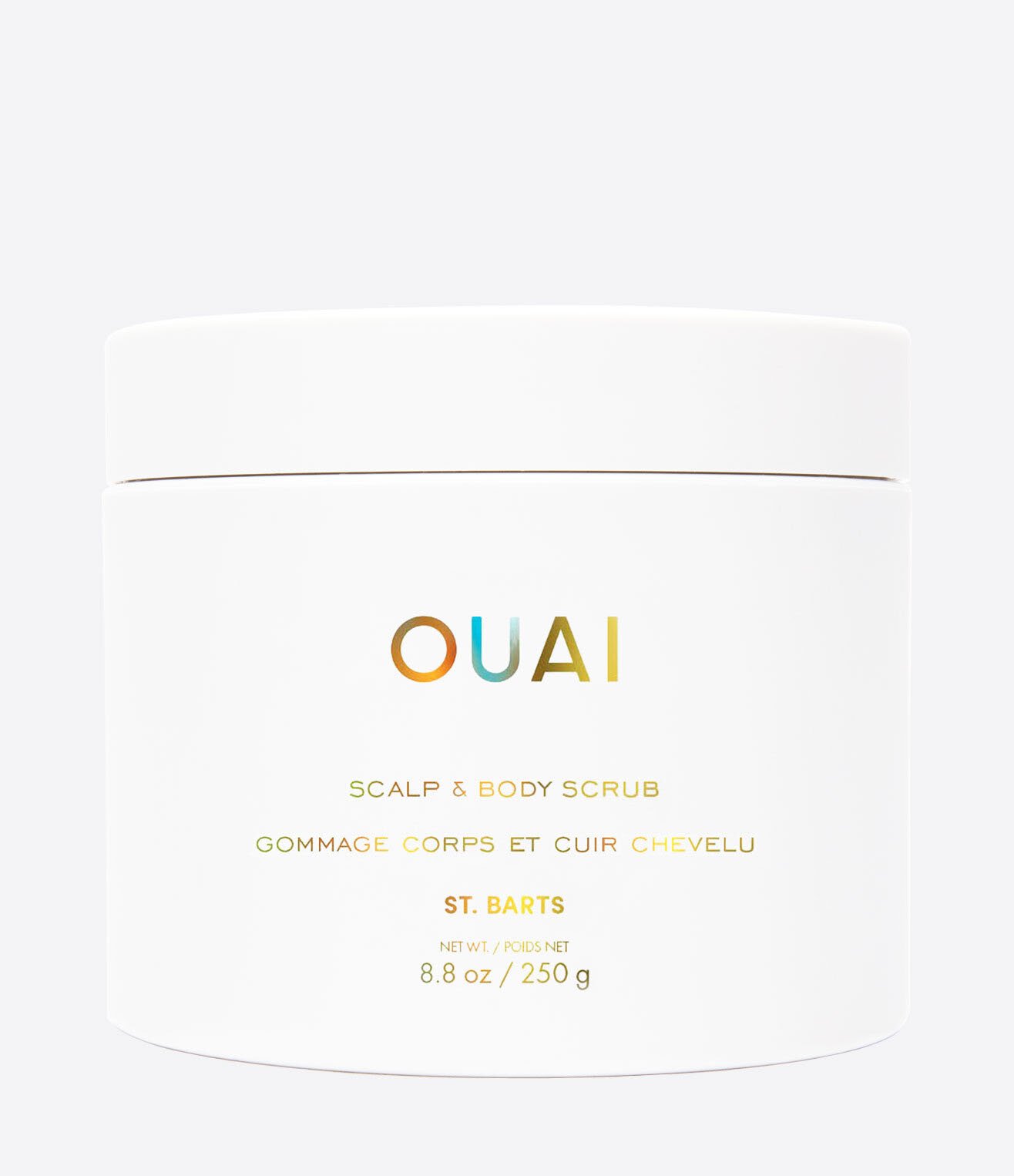

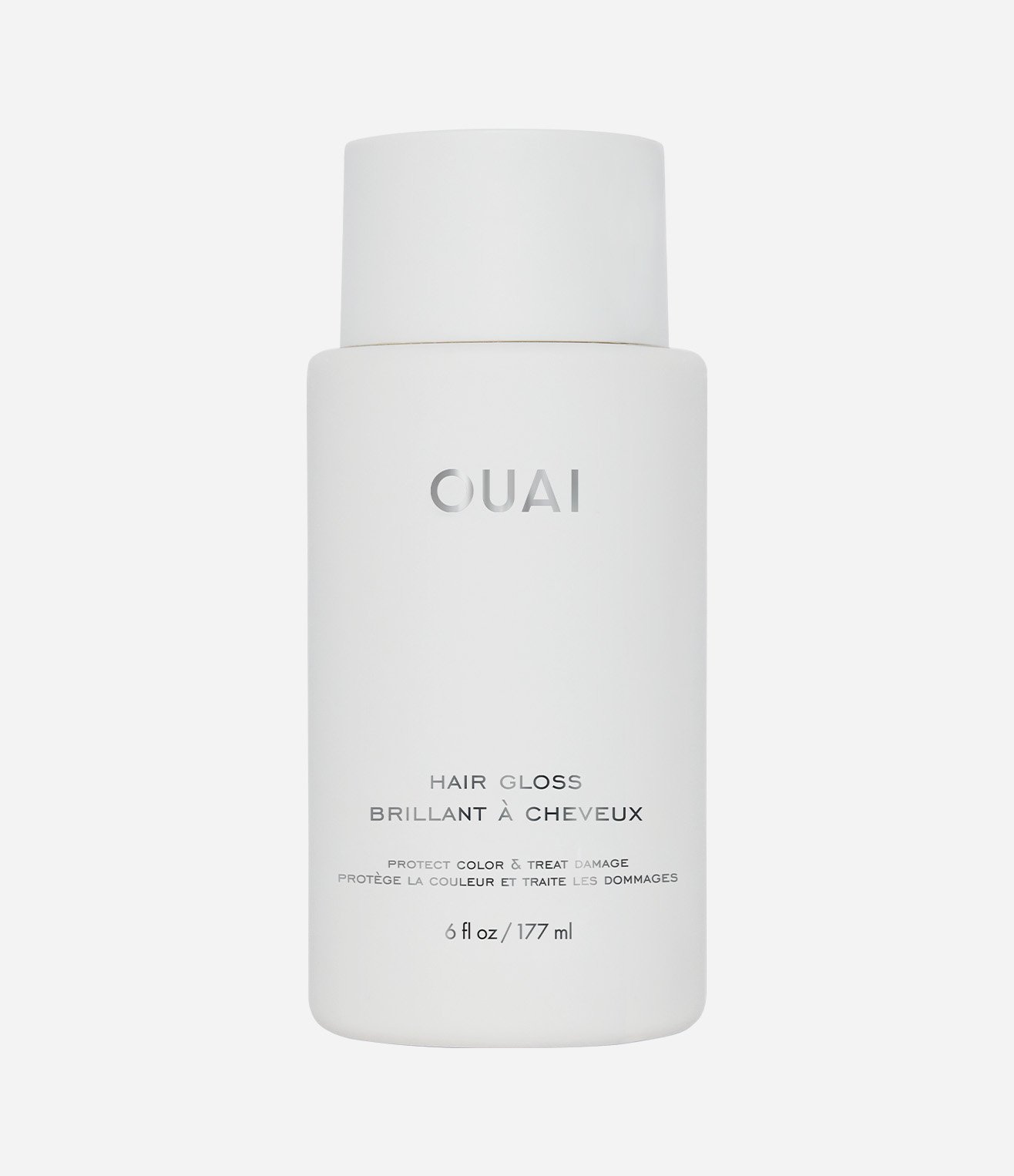





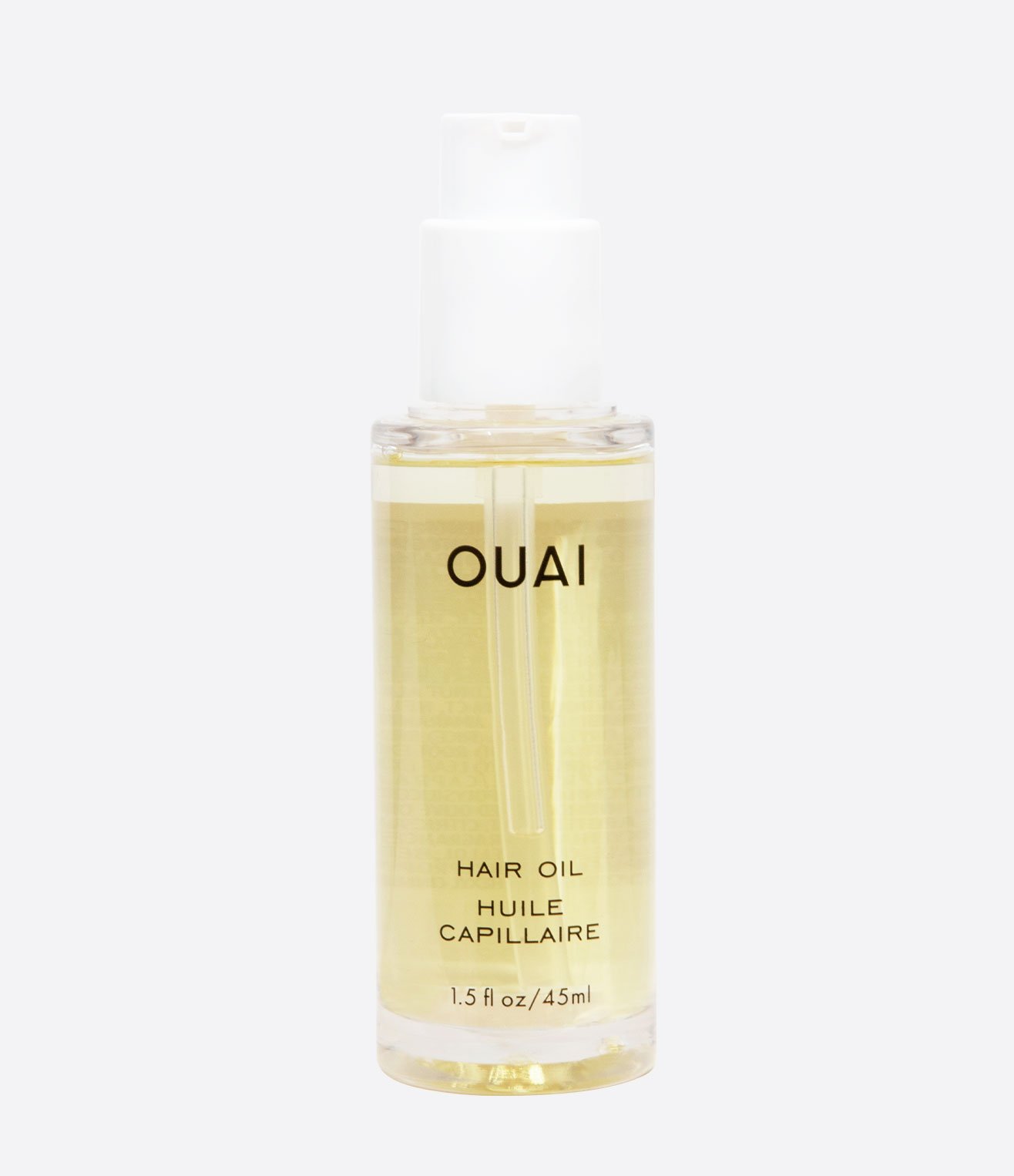
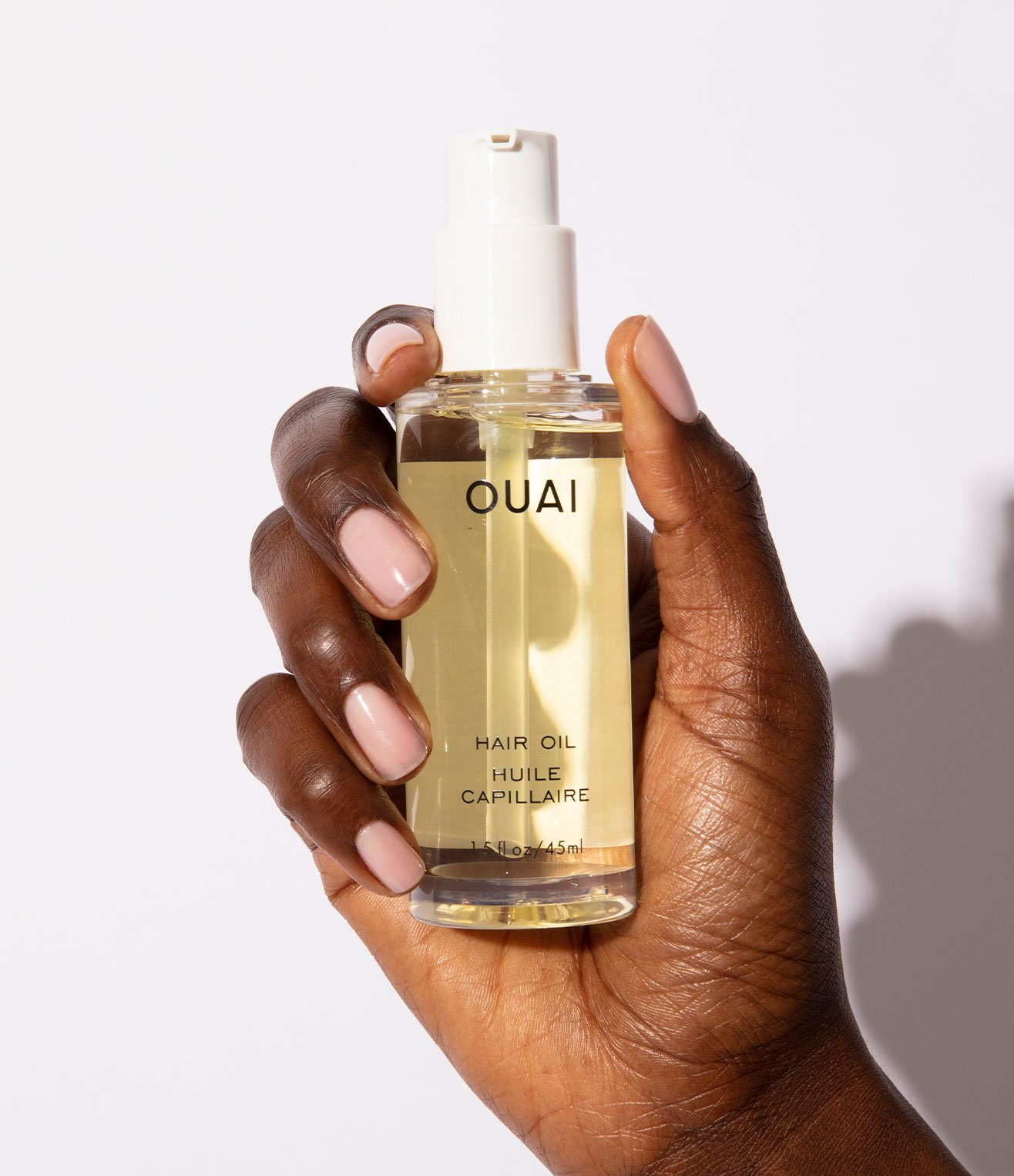
.jpeg?v=1685641143106&options=w_{width})
.jpeg?v=1688177317579&options=w_{width})
